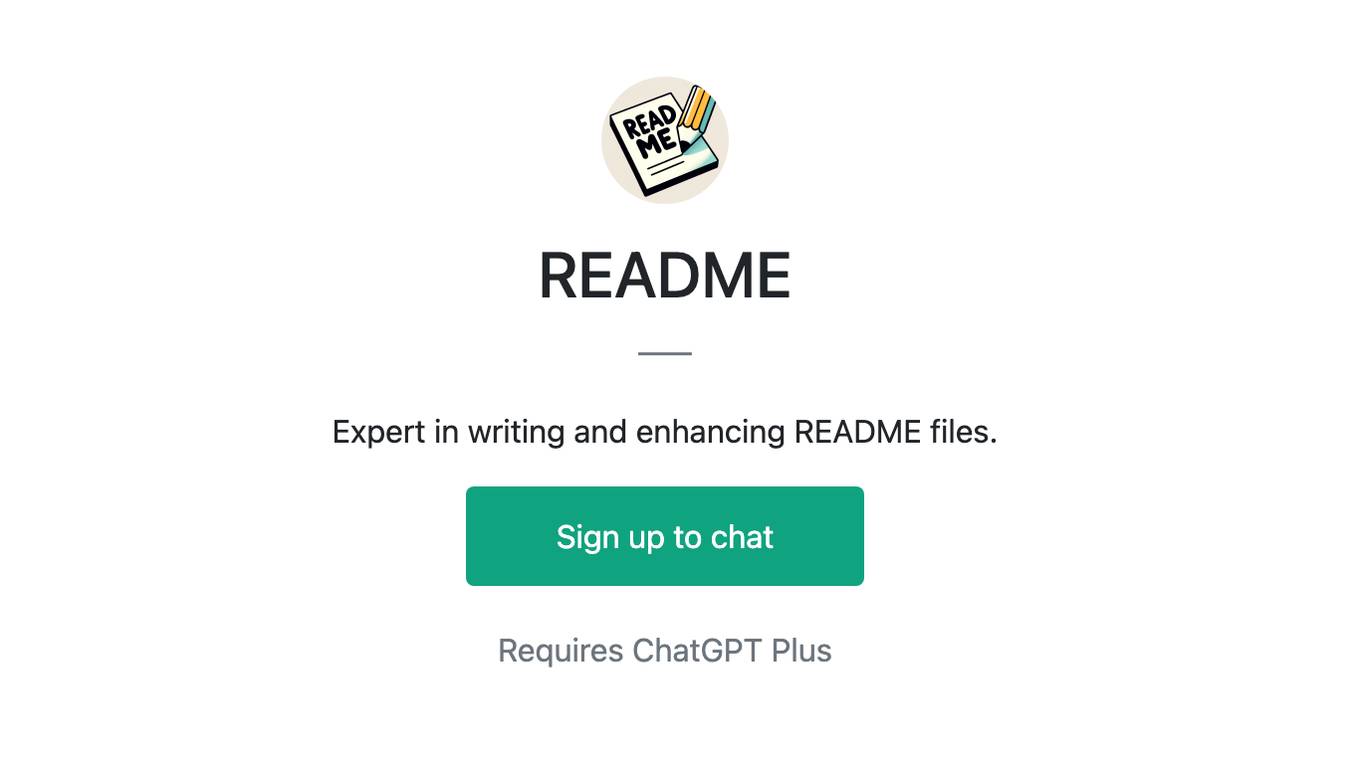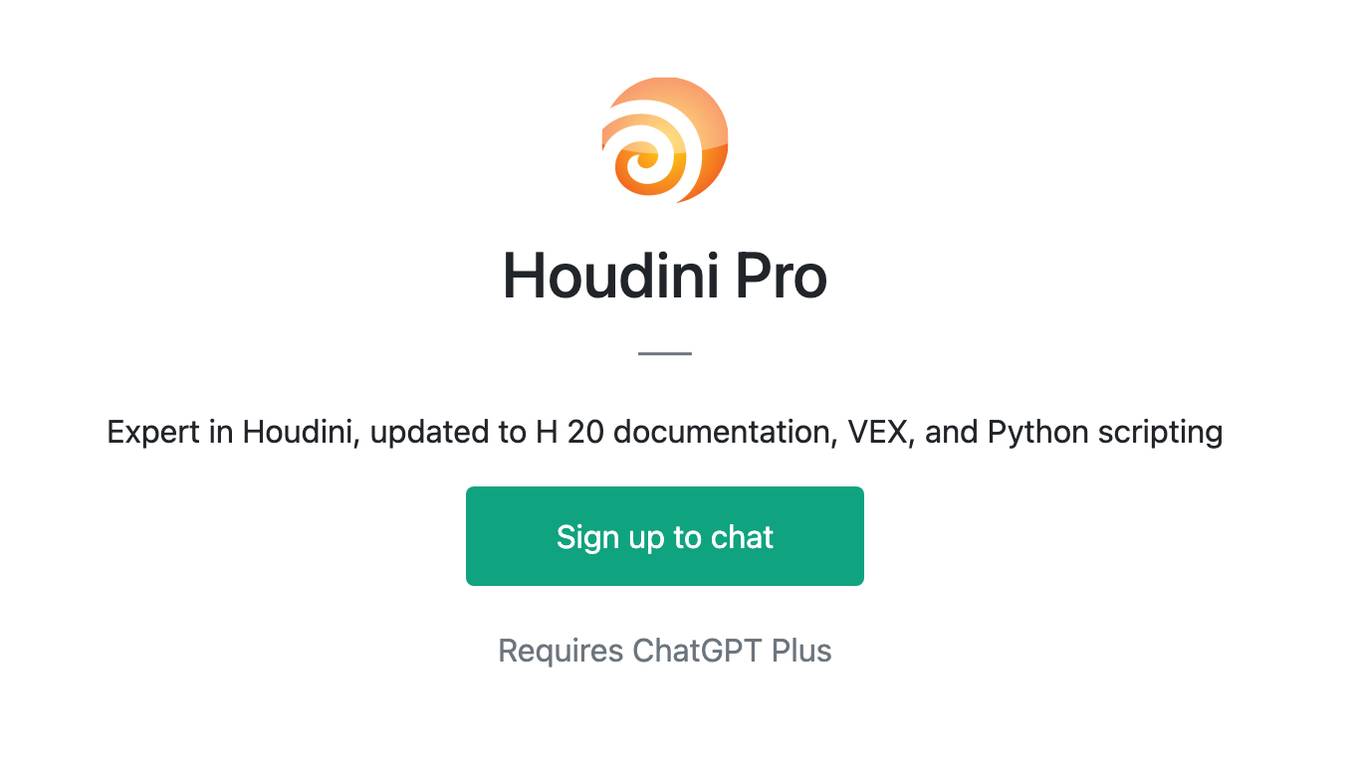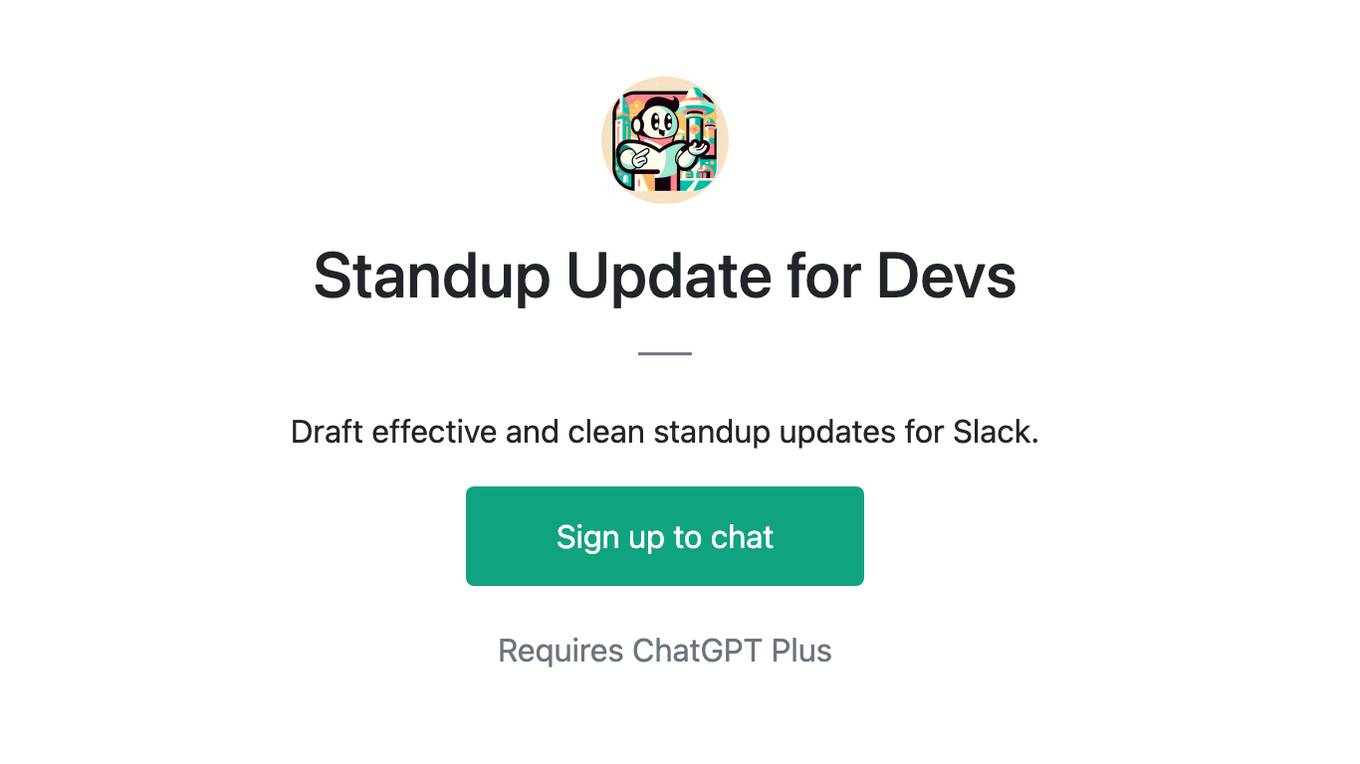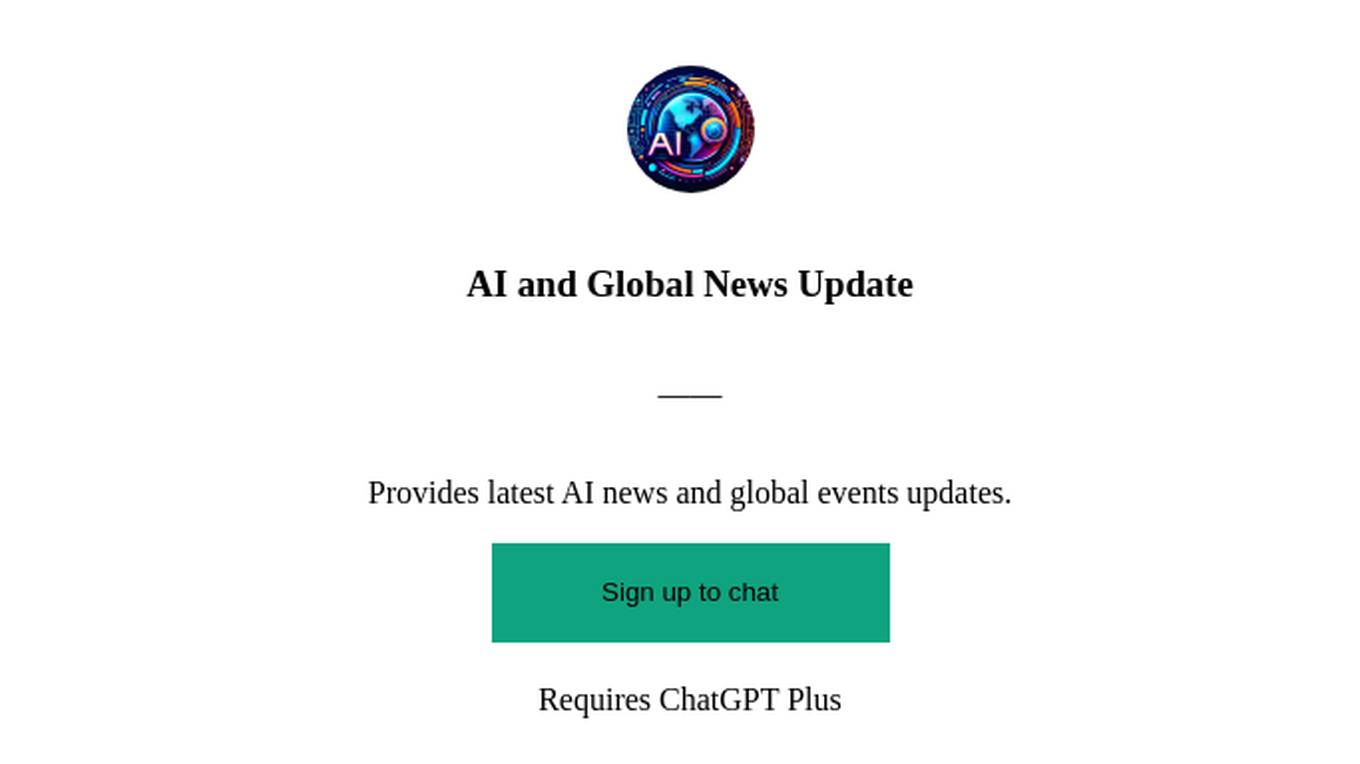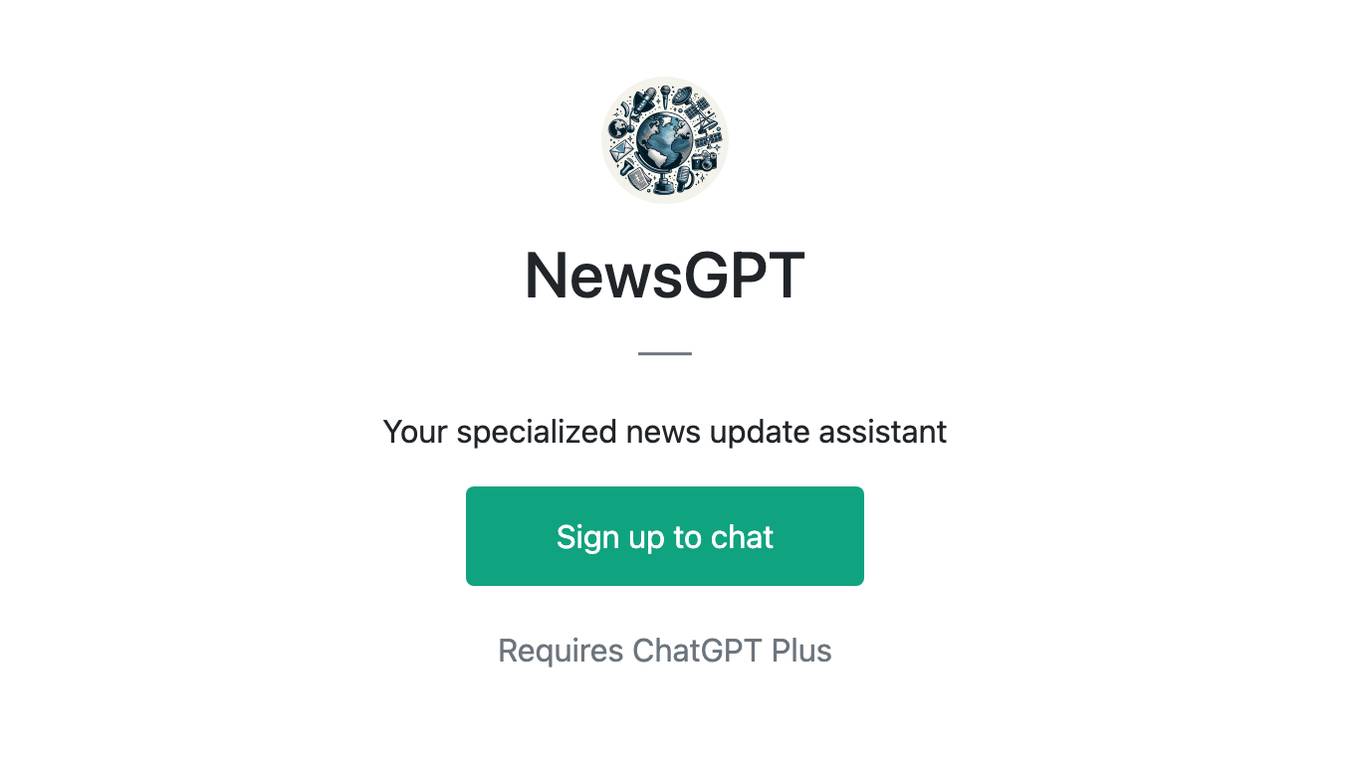Best AI tools for< Update Documentation >
20 - AI tool Sites
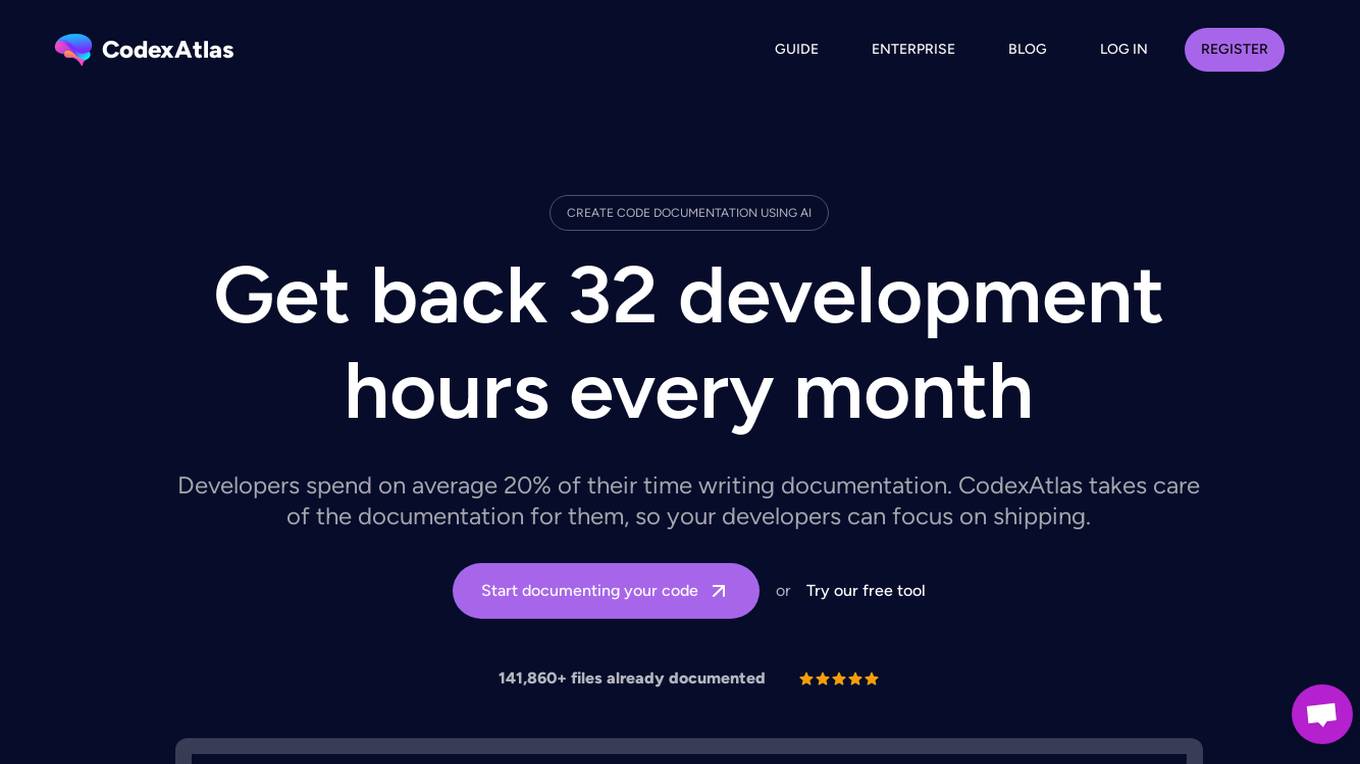
CodexAtlas
CodexAtlas is an AI-powered tool designed to automate code documentation processes. It leverages the latest advancements in Artificial Intelligence to generate and maintain documentation for software projects, freeing developers from the time-consuming task of writing documentation. With features like real-time updates, onboarding time reduction, and use-case detection, CodexAtlas aims to streamline the documentation process and enhance developer productivity. The tool also offers code conversion capabilities, business domain knowledge integration, and the option for on-premise deployment to cater to diverse organizational needs.
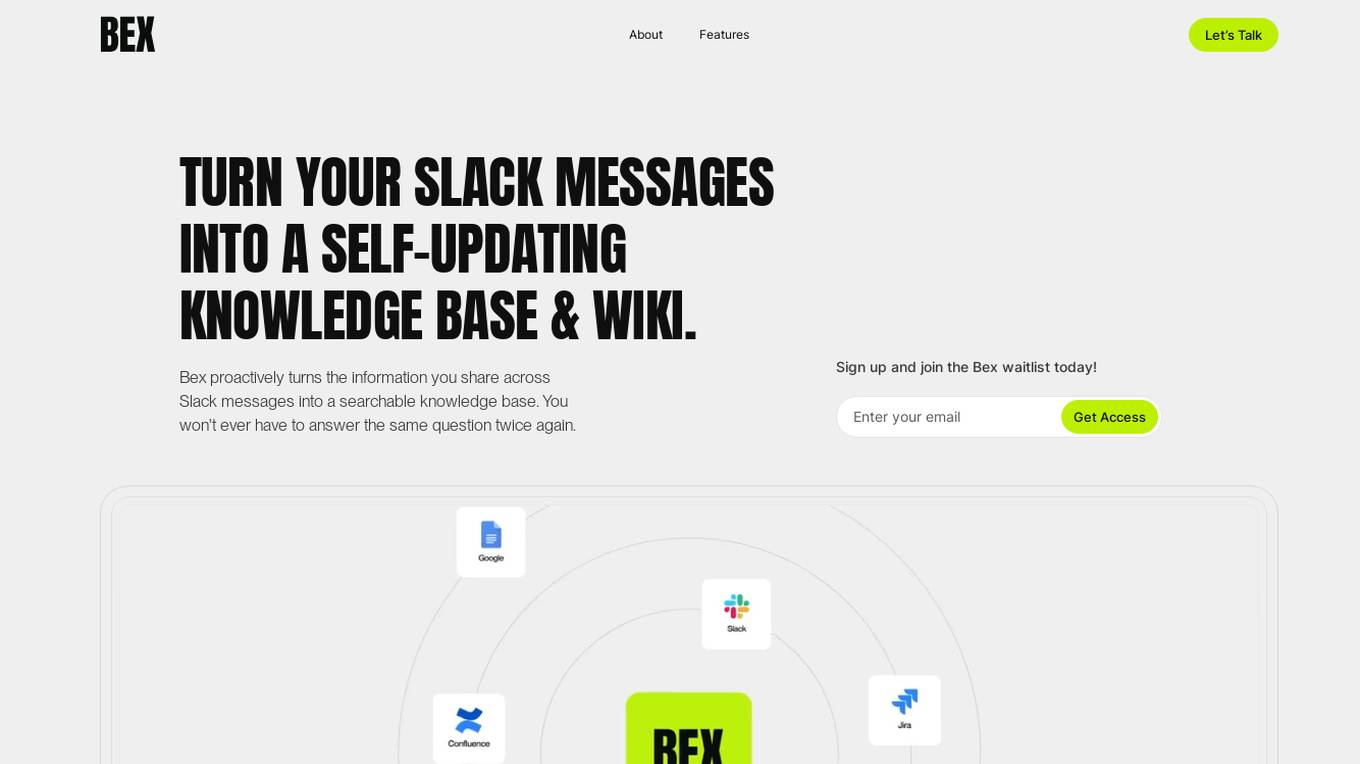
Bex
Bex is an AI tool that turns Slack messages into a self-updating knowledge base and wiki. It proactively extracts information shared in Slack messages and calls to create a searchable knowledge base, eliminating the need to answer the same questions repeatedly. Bex enhances collaboration by providing instant answers, capturing important insights, and updating documentation seamlessly. It offers features like voice notes, thread summarization, instant answers, and auto-updating documentation to streamline workflows and keep information up-to-date.
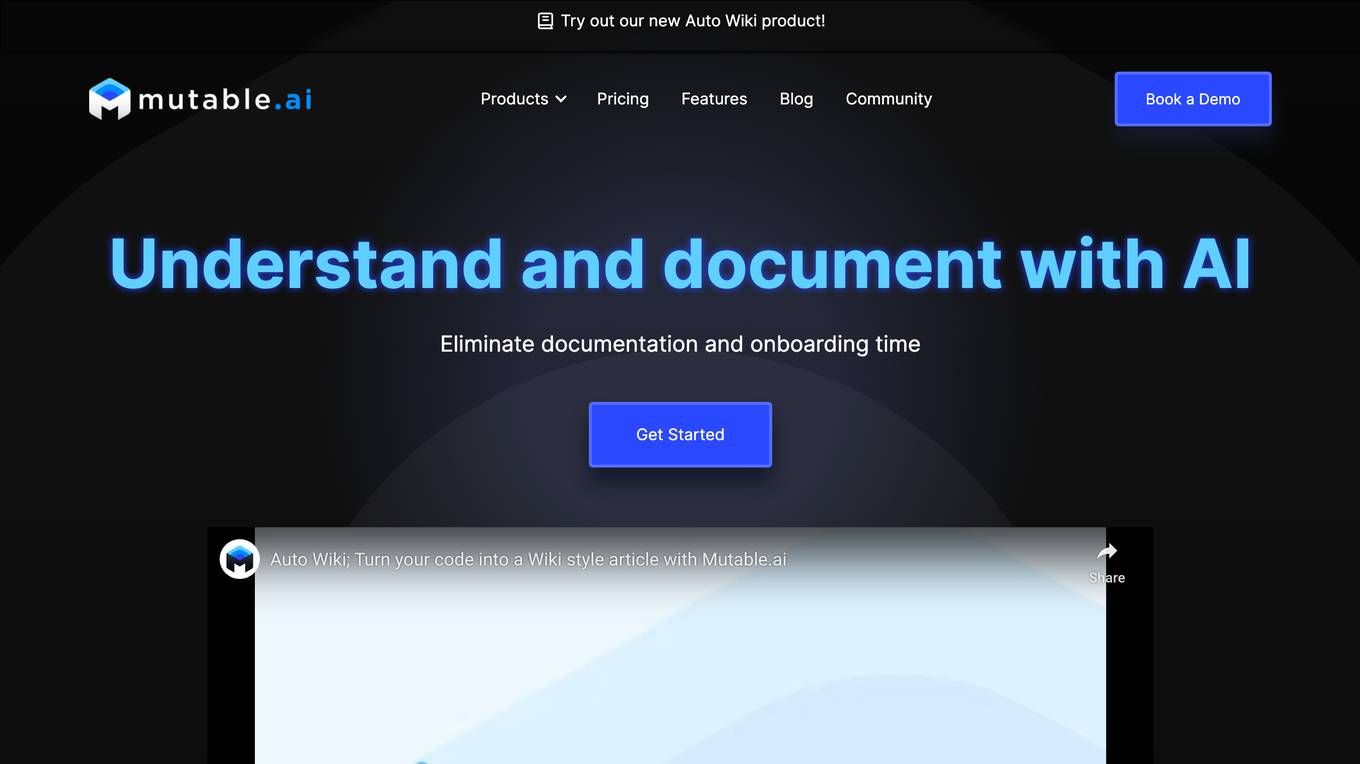
Mutable.ai
Mutable.ai is an AI tool that provides human quality assistance with codebases. It offers features such as creating Wikipedia-style documentation for code, generating wiki articles automatically, and enabling AI chat for extracting answers quickly. The application aims to enhance productivity and satisfaction for software engineers by leveraging AI advancements to revolutionize programming methods. The team behind Mutable.ai includes experts from various prestigious backgrounds, ensuring high-quality service and support.

Motif
Motif is a technical writing platform that uses artificial intelligence to help you create and maintain technical documentation. It provides a suite of tools and APIs that can be used to automate the documentation process, ensuring that your content is always up-to-date and accurate.
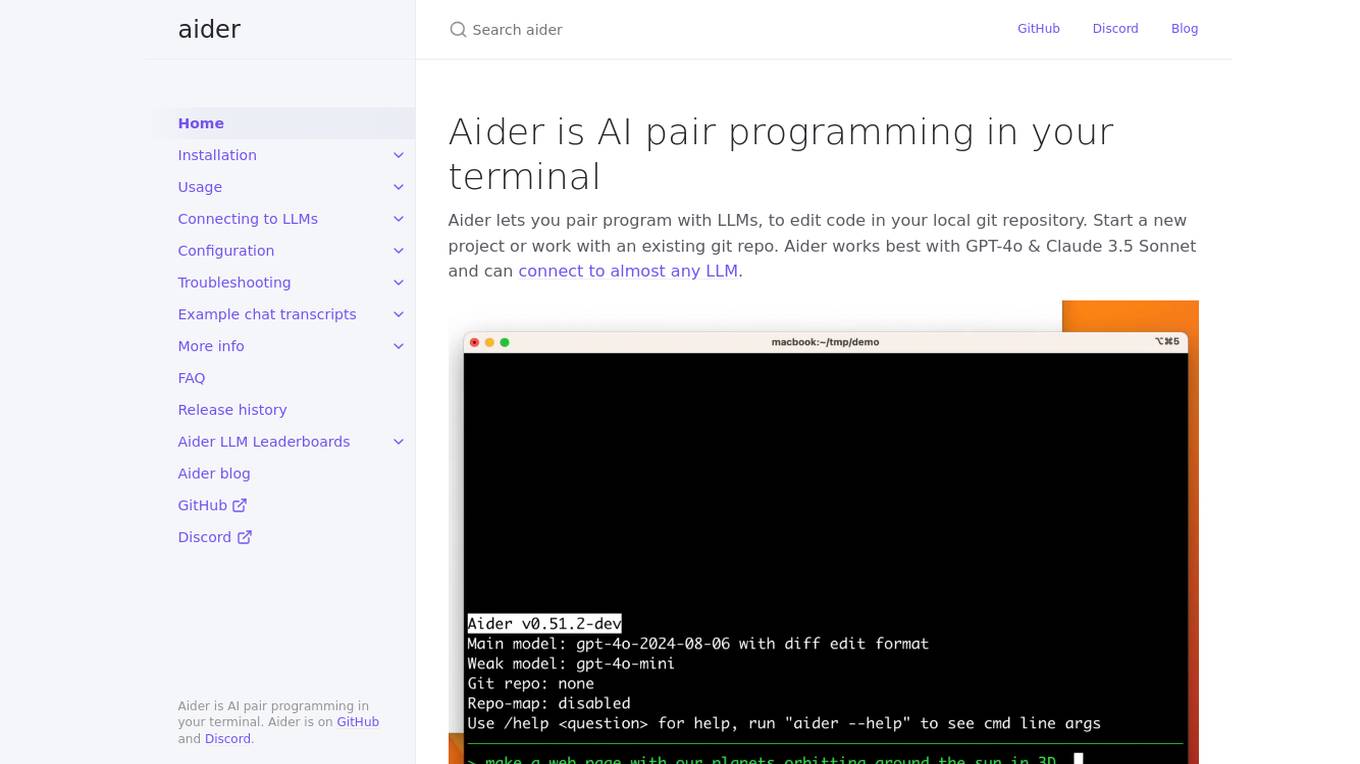
Aider
Aider is an AI pair programming tool that allows users to collaborate with Language Model Models (LLMs) to edit code in their local git repository. It supports popular languages like Python, JavaScript, TypeScript, PHP, HTML, and CSS. Aider can handle complex requests, automatically commit changes, and work well in larger codebases by using a map of the entire git repository. Users can edit files while chatting with Aider, add images and URLs to the chat, and even code using their voice. Aider has received positive feedback from users for its productivity-enhancing features and performance on software engineering benchmarks.
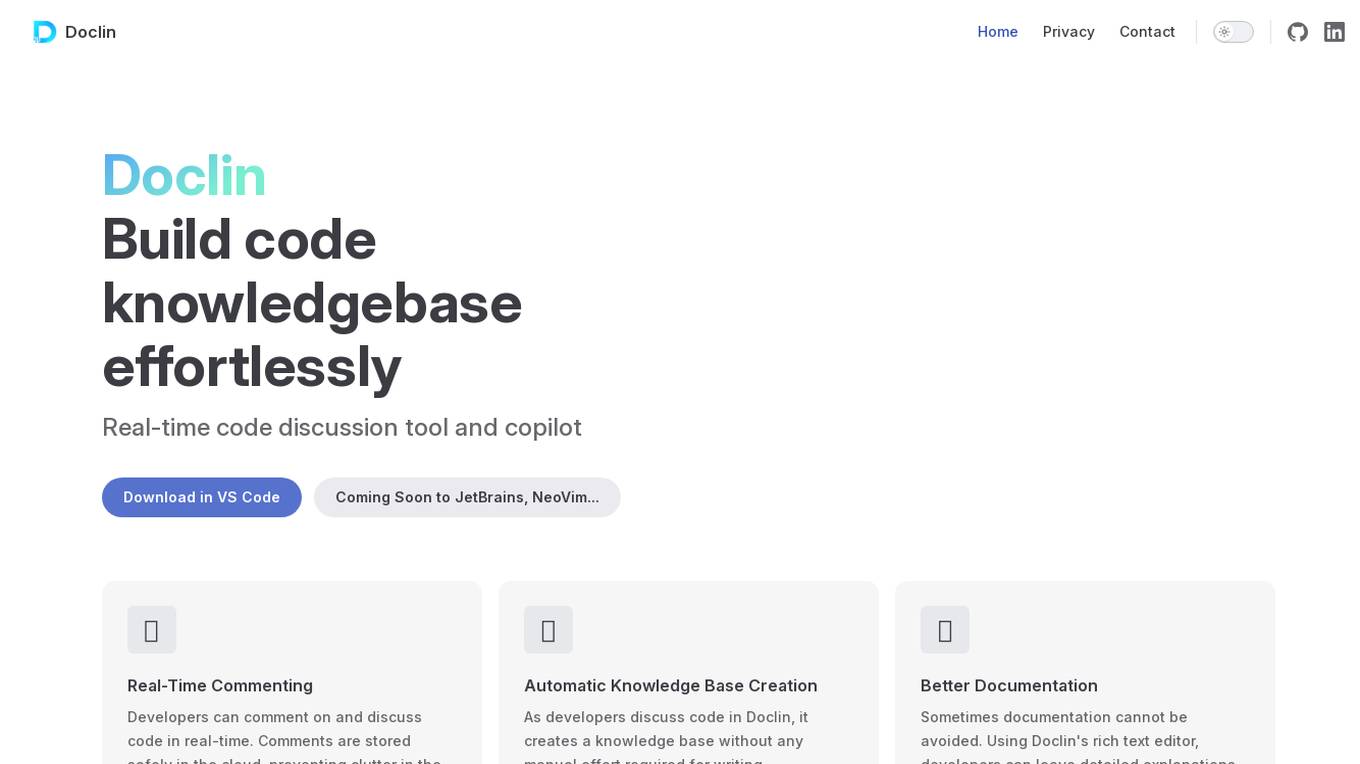
Doclin
Doclin is an AI-powered real-time code discussion tool and copilot that helps developers build a code knowledge base effortlessly. It allows developers to comment on and discuss code in real-time, store comments safely in the cloud, and automatically create a knowledge base while discussing code. Doclin also offers a rich text editor for better documentation, keeps documentation up-to-date by flagging changes, and does not require access to the git repository. The upcoming Copilot feature will leverage generative AI to assist in understanding complex code and business logic.
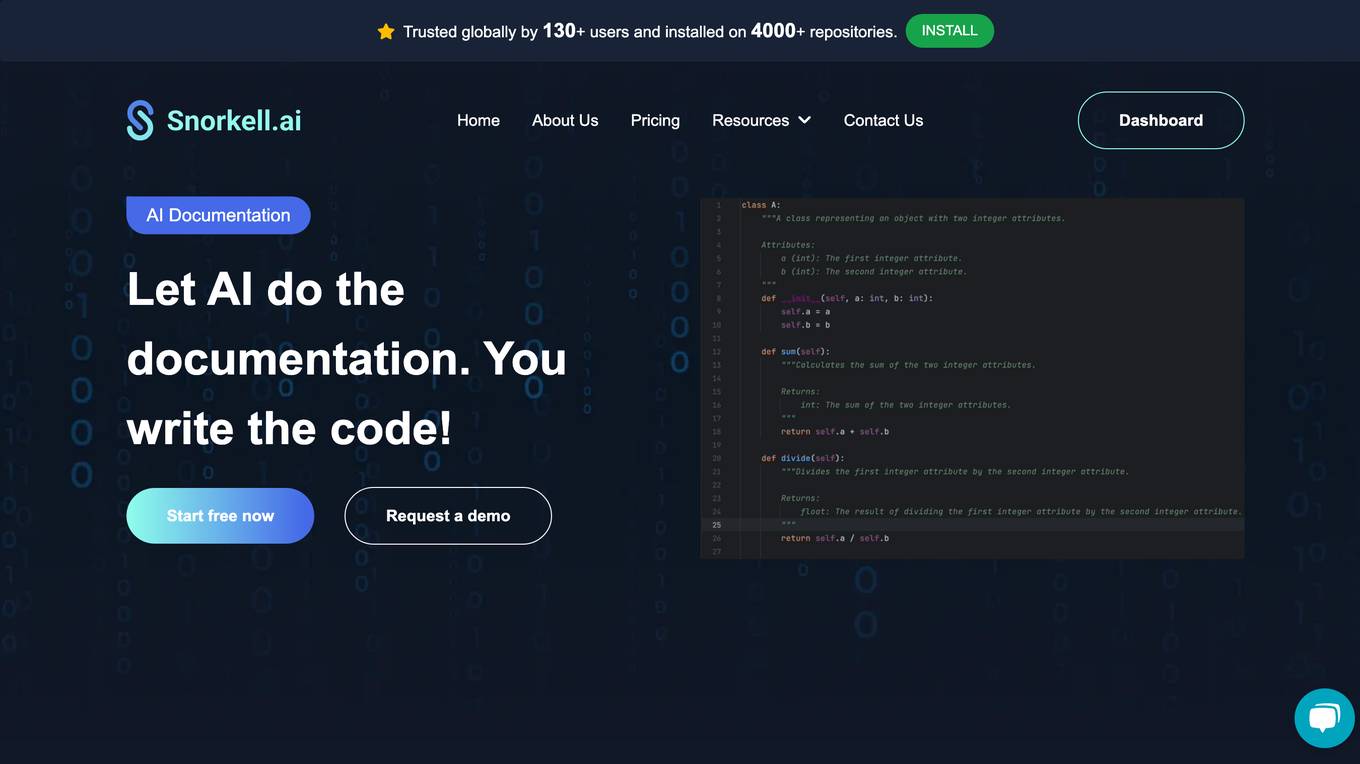
Snorkell.ai
Snorkell.ai is an automated documentation generation tool that uses AI to create and update docstrings for GitHub projects. It supports multiple programming languages, including Python, JavaScript, TypeScript, Java, and Kotlin. Snorkell.ai integrates with GitHub and automatically generates docstrings whenever a pull request is merged, ensuring that documentation is always up-to-date with the codebase. It helps developers save time and effort by automating the documentation process, leading to improved code quality and reduced onboarding time.
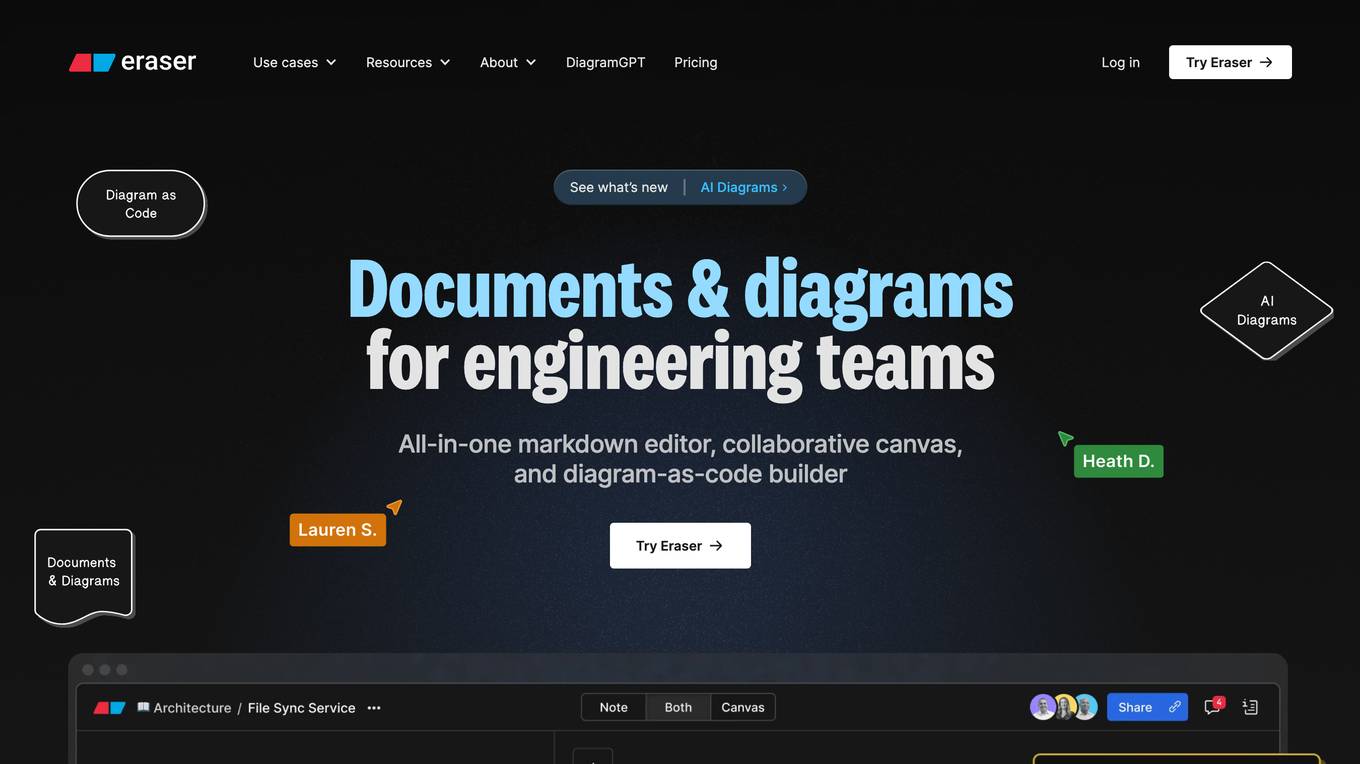
Eraser
Eraser is an AI co-pilot for technical design that offers a range of features to create diagrams, codebase diagrams, design docs, and technical documentation at the speed of thought. It provides integrations with popular platforms like Confluence, Notion, VS Code, and GitHub, making it a versatile tool for enterprise architects, DevOps, technology consultants, and software engineers. Eraser ensures accurate and consistent designs faster, with beautiful default visuals and a focus on usability. The tool allows visualization of cloud architecture, entity relationships, flow charts, and sequences, enhancing documentation creation and workflow efficiency. Eraser is known for its version history, performance, workflow integration, markdown support, export capabilities, and Github integration, making it a preferred choice for technical teams globally.
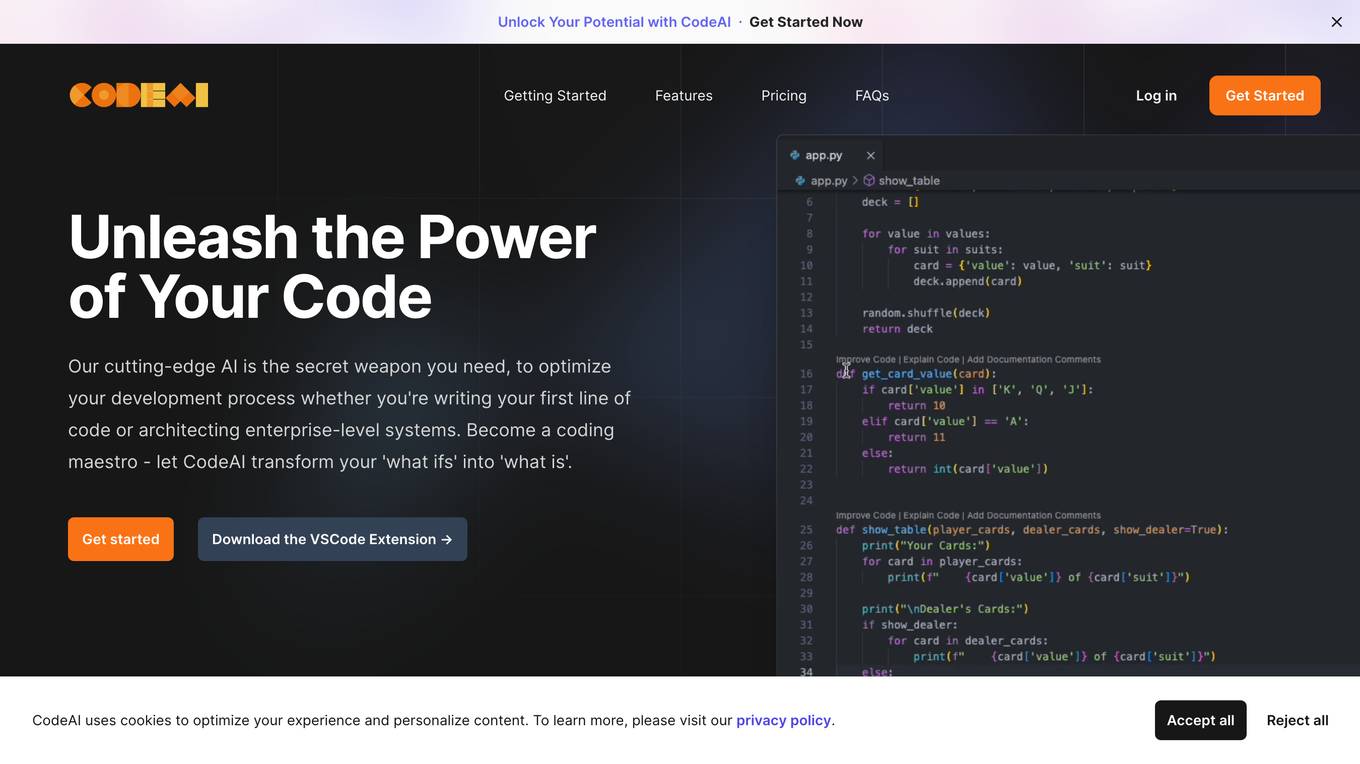
CodeAI
CodeAI is an advanced AI tool designed to optimize the development process for coders of all levels. It offers cutting-edge AI capabilities to enhance coding efficiency, provide real-time feedback, automate tasks like generating commit messages and updating changelogs, and boost productivity. CodeAI supports multiple programming languages and is suitable for individual developers, small teams, and professionals working on various projects.

Deep Space
Deep Space is an all-in-one AI-powered construction management software platform designed for mid-sized commercial builders in Australia and New Zealand. It replaces the need for multiple tools by providing a connected operating system that integrates costings, schedules, site teams, and systems. The platform offers features such as preconstruction, scheduling, procurement, commercial delivery, documentation, HSEQ reporting, and AI assistant solutions. Deep Space aims to streamline project management processes, improve visibility, and enhance coordination across the full project lifecycle.
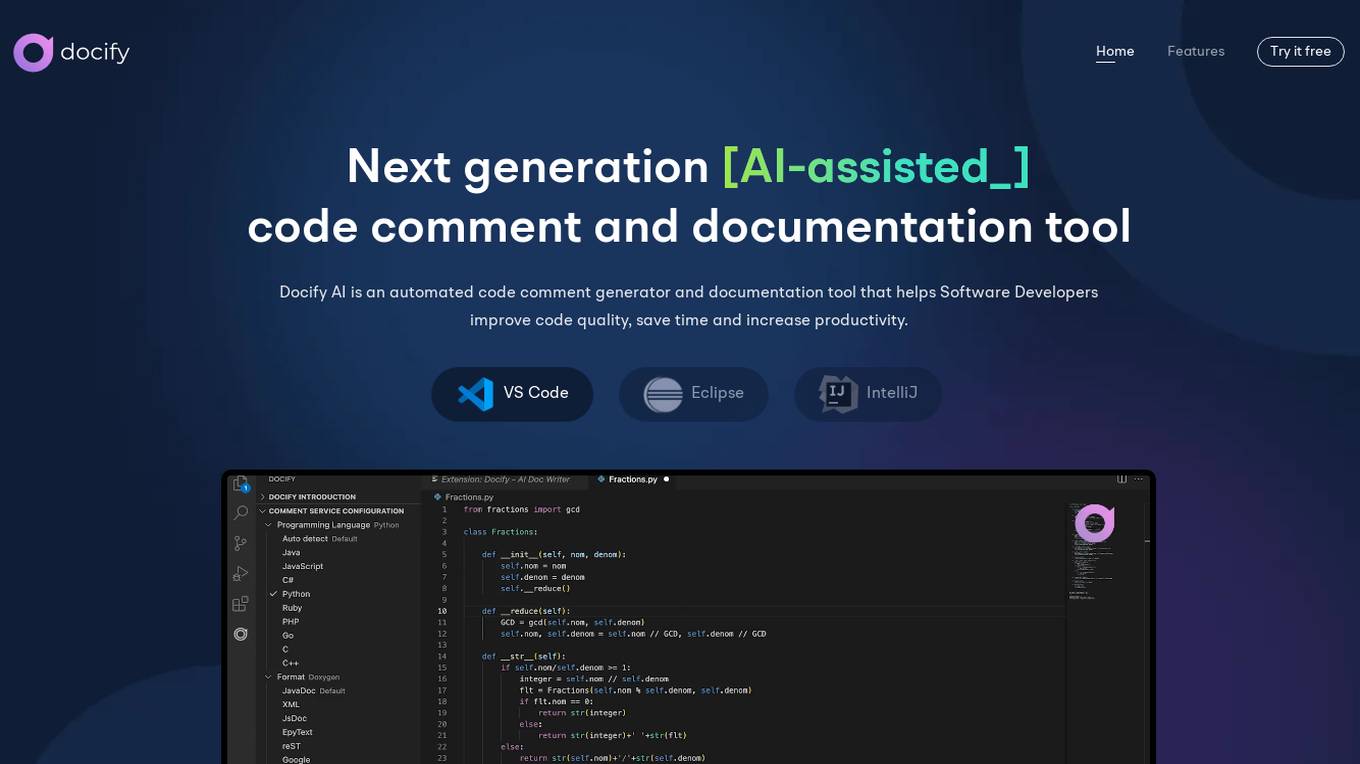
Docify AI
Docify AI is an AI-assisted code comment and documentation tool designed to help software developers improve code quality, save time, and increase productivity. It offers features such as automated documentation generation, comment translation, inline comments, and code coverage analysis. The tool supports multiple programming languages and provides a user-friendly interface for efficient code documentation. Docify AI is built on proprietary AI models, ensuring data privacy and high performance for professional developers.
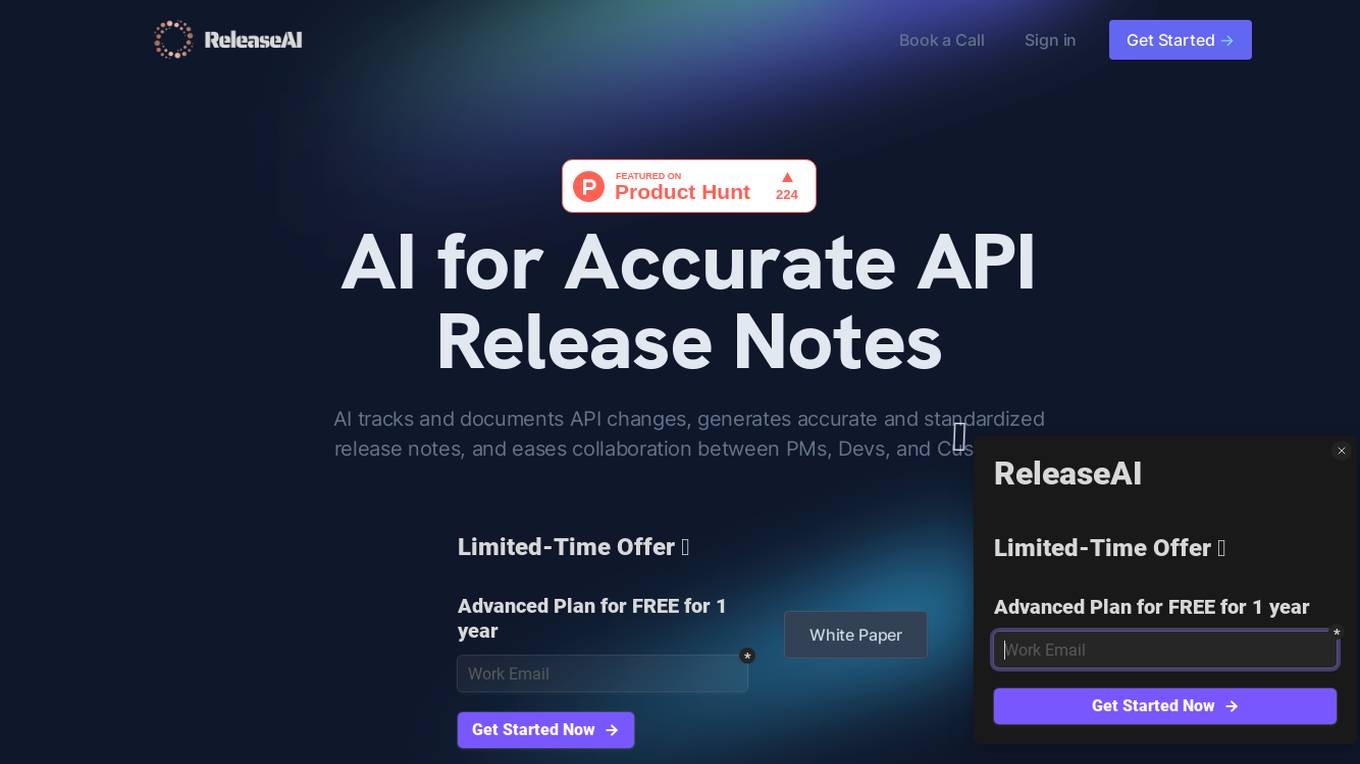
Release AI
Release AI is an AI tool designed to track and document API changes, enabling users to generate release notes efficiently. The tool automates the process of monitoring and recording modifications made to APIs, streamlining the documentation process. With Release AI, users can stay up-to-date with API changes and easily create comprehensive release notes for their projects.
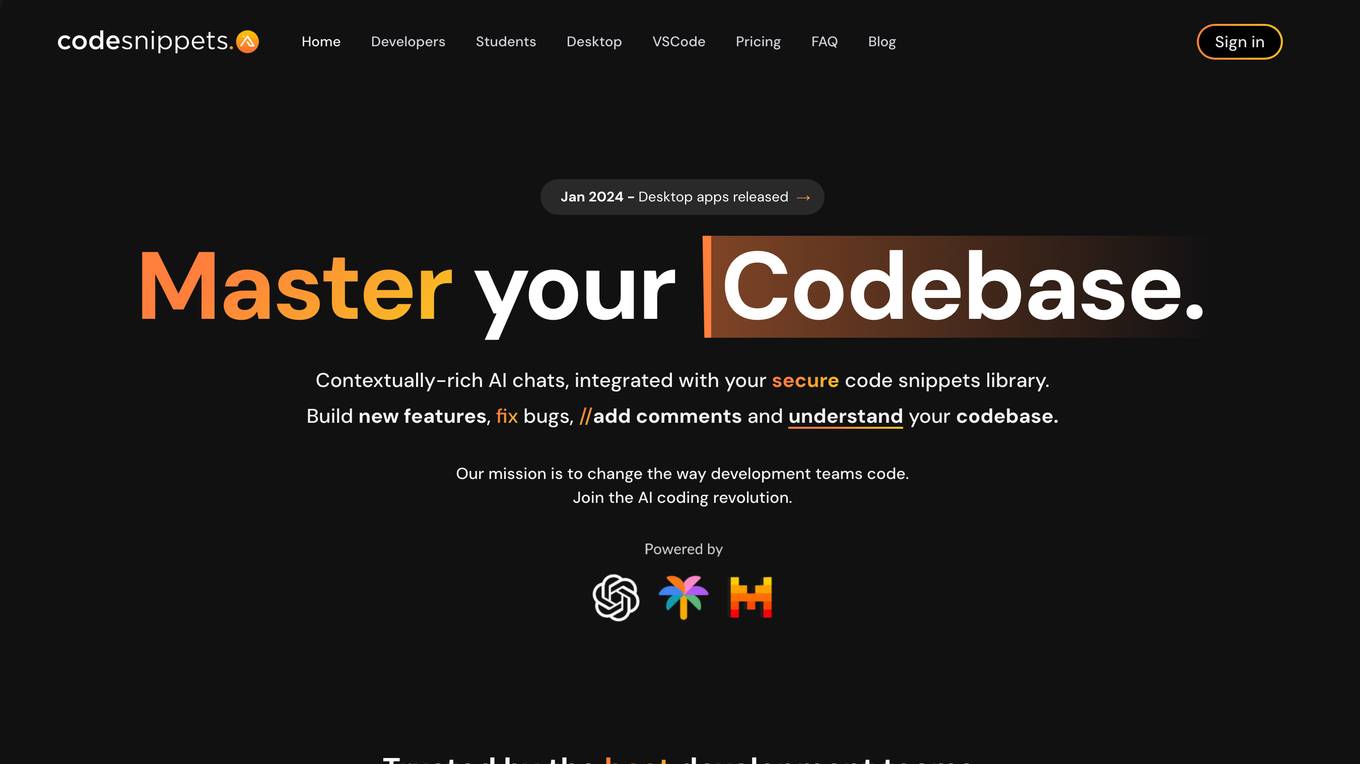
Code Snippets AI
Code Snippets AI is an AI-powered code snippets library for teams. It helps developers master their codebase with contextually-rich AI chats, integrated with a secure code snippets library. Developers can build new features, fix bugs, add comments, and understand their codebase with the help of Code Snippets AI. The tool is trusted by the best development teams and helps developers code smarter than ever. With Code Snippets AI, developers can leverage the power of a codebase aware assistant, helping them write clean, performance optimized code. They can also create documentation, refactor, debug and generate code with full codebase context. This helps developers spend more time creating code and less time debugging errors.
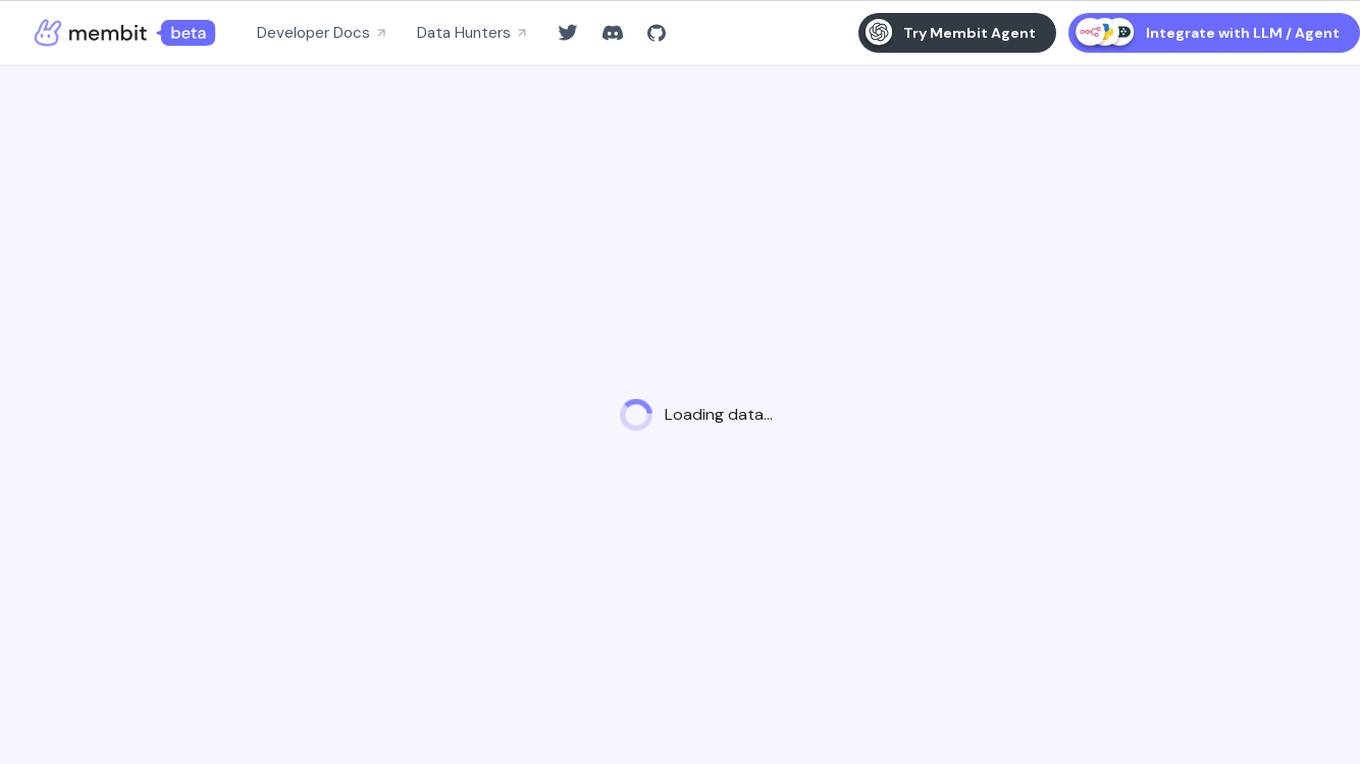
Membit
Membit is an AI tool designed to provide real-time context for AI developer documentation. It offers a seamless experience for data hunters by enabling them to try Membit Agent and integrate with LLM/Agent for loading data efficiently. Membit enhances the workflow of developers by offering contextual insights and support during the documentation process.

Release Notes Generator
The Release Notes Generator is a web-based tool that helps users easily create release notes for their software products. It simplifies the process of documenting changes and updates in a structured format. Users can sign in to their accounts or create new ones to access the generator. The tool offers a convenient way to communicate software updates to users and stakeholders.
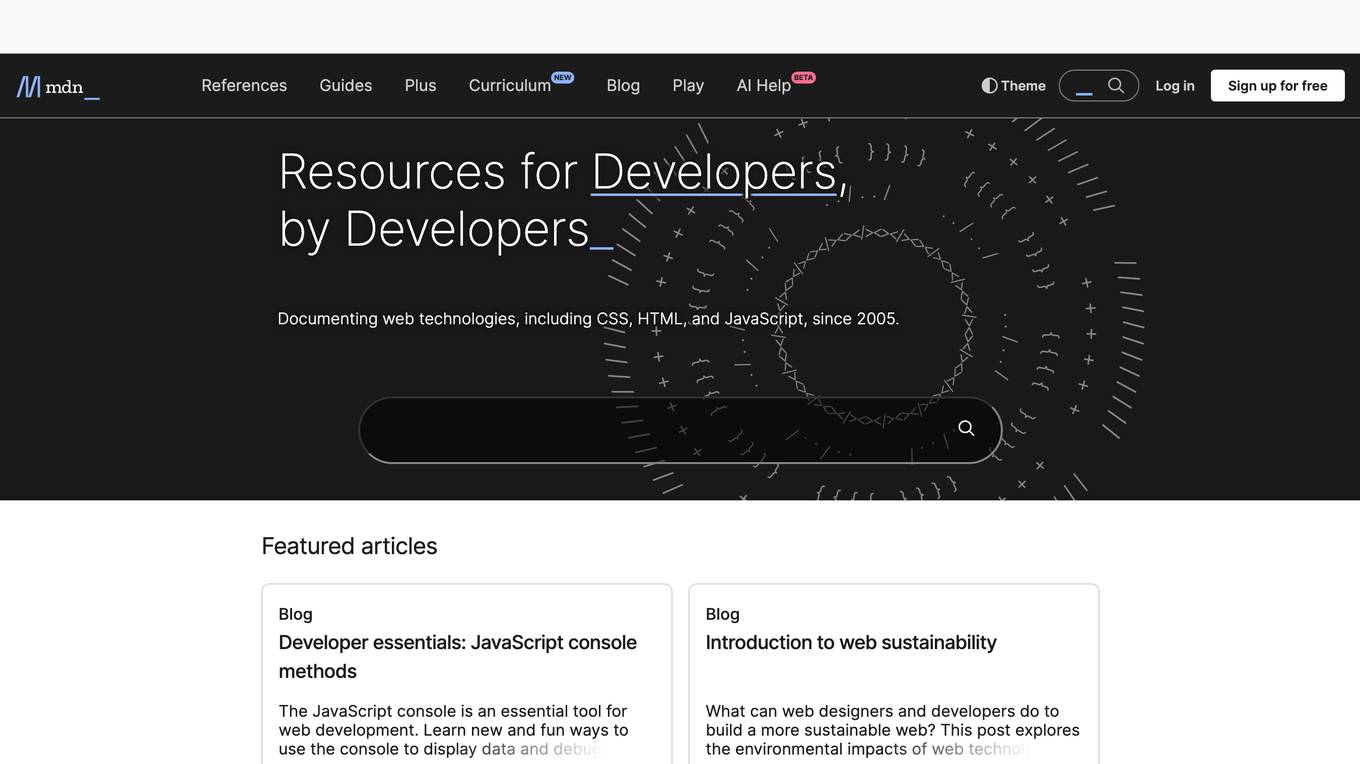
MDN Web Docs
MDN Web Docs is a comprehensive online resource for web developers, offering detailed documentation and guides on HTML, CSS, JavaScript, Web APIs, and more. It provides information on markup languages, styling techniques, scripting languages, programming interfaces, and web technologies. The platform also features articles, tutorials, and news updates to help developers stay informed and enhance their skills. With a focus on accessibility, performance, security, and progressive web apps, MDN Web Docs aims to support developers in creating high-quality and user-friendly web experiences.

Empler AI
Empler AI Inc is a website offering AI-powered products and services, including application programming interfaces, software tools, developer services, and documentation. The site collects Personal Information for various purposes, such as providing, analyzing, and improving services, conducting research, and ensuring security. Empler AI respects user privacy and complies with legal obligations. The site also offers aggregated information for analysis and research. Users can contact support for information updates or privacy rights. Empler AI implements security measures to protect Personal Information and may transfer data internationally.
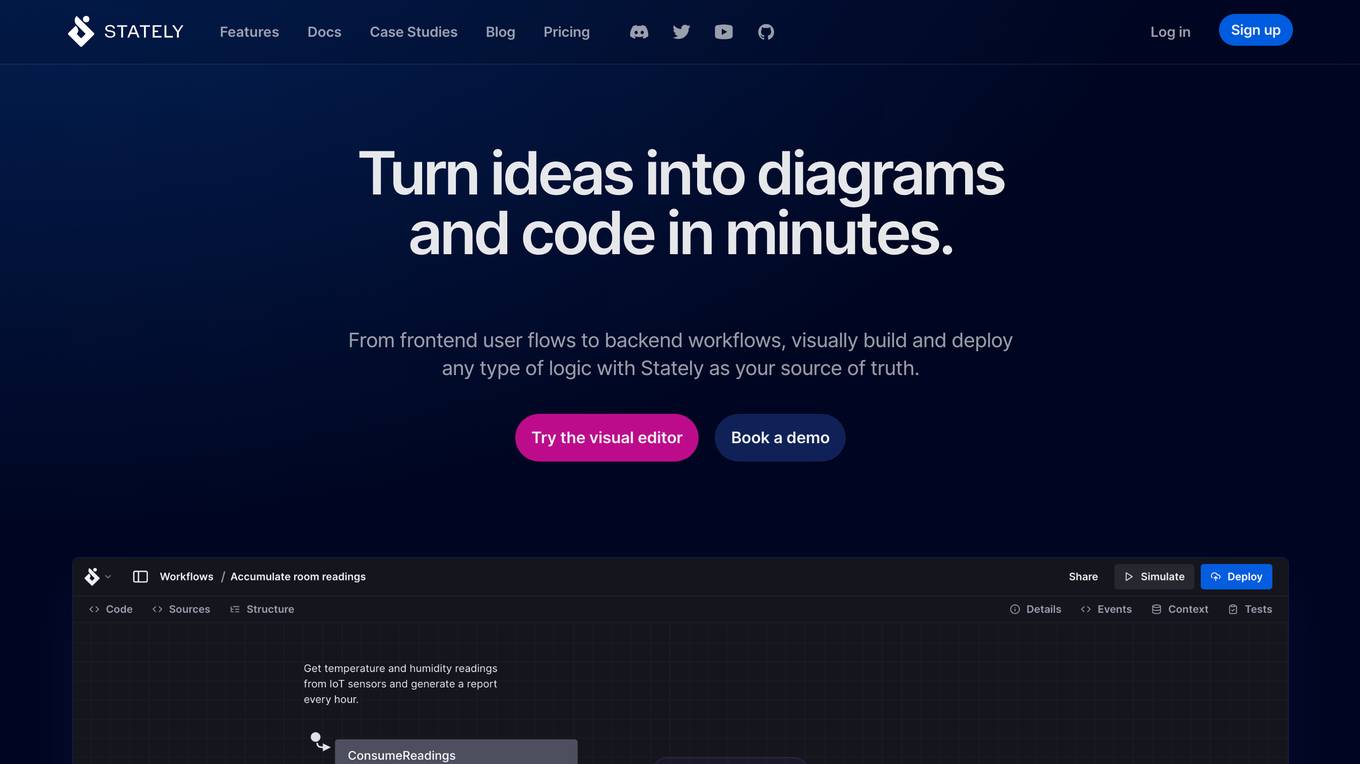
Stately
Stately is a visual logic builder that enables users to create complex logic diagrams and code in minutes. It provides a drag-and-drop editor that brings together contributors of all backgrounds, allowing them to collaborate on code, diagrams, documentation, and test generation in one place. Stately also integrates with AI to assist in each phase of the development process, from scaffolding behavior and suggesting variants to turning up edge cases and even writing code. Additionally, Stately offers bidirectional updates between code and visualization, allowing users to use the tools that make them most productive. It also provides integrations with popular frameworks such as React, Vue, and Svelte, and supports event-driven programming, state machines, statecharts, and the actor model for handling even the most complex logic in predictable, robust, and visual ways.
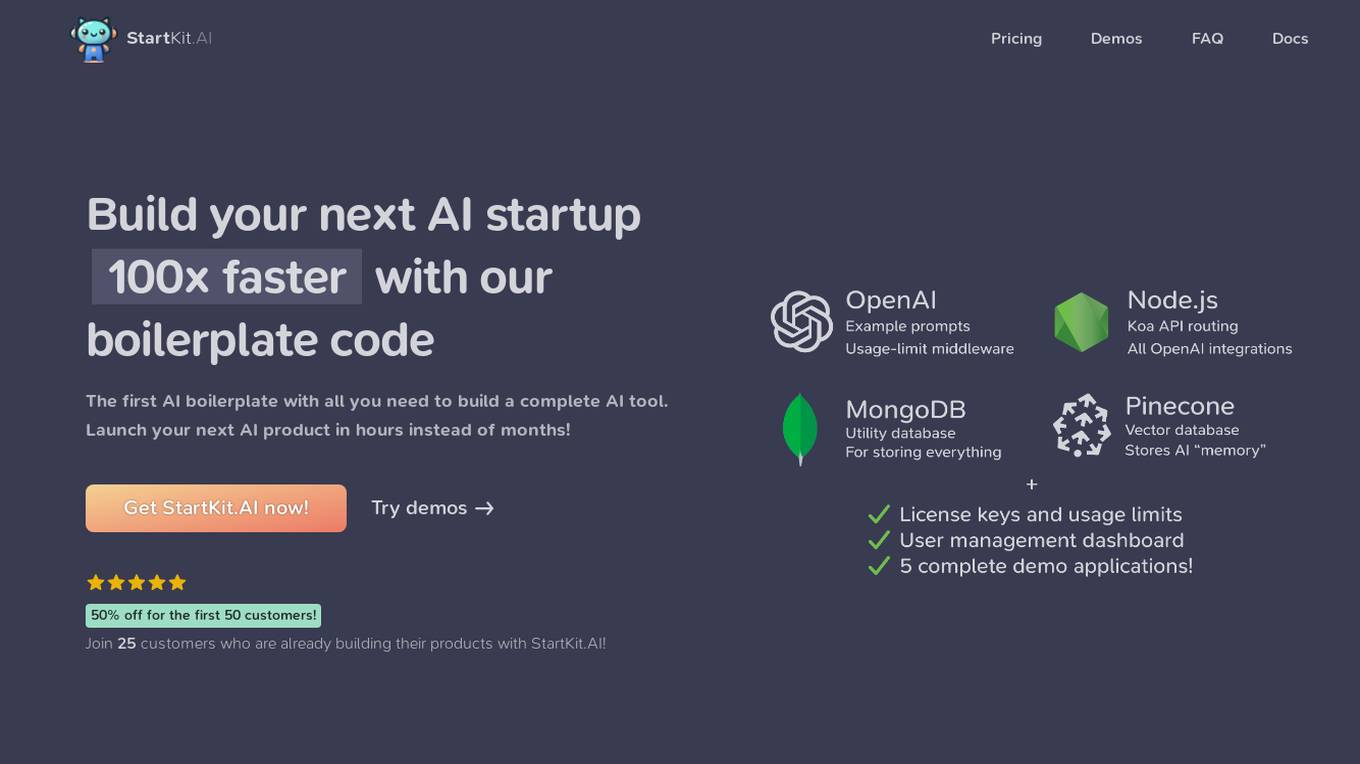
StartKit.AI
StartKit.AI is a boilerplate code for AI products that helps users build their AI startups 100x faster. It includes pre-built REST API routes for all common AI functionality, a pre-configured Pinecone for text embeddings and Retrieval-Augmented Generation (RAG) for chat endpoints, and five React demo apps to help users get started quickly. StartKit.AI also provides a license key and magic link authentication, user & API limit management, and full documentation for all its code. Additionally, users get access to guides to help them get set up and one year of updates.
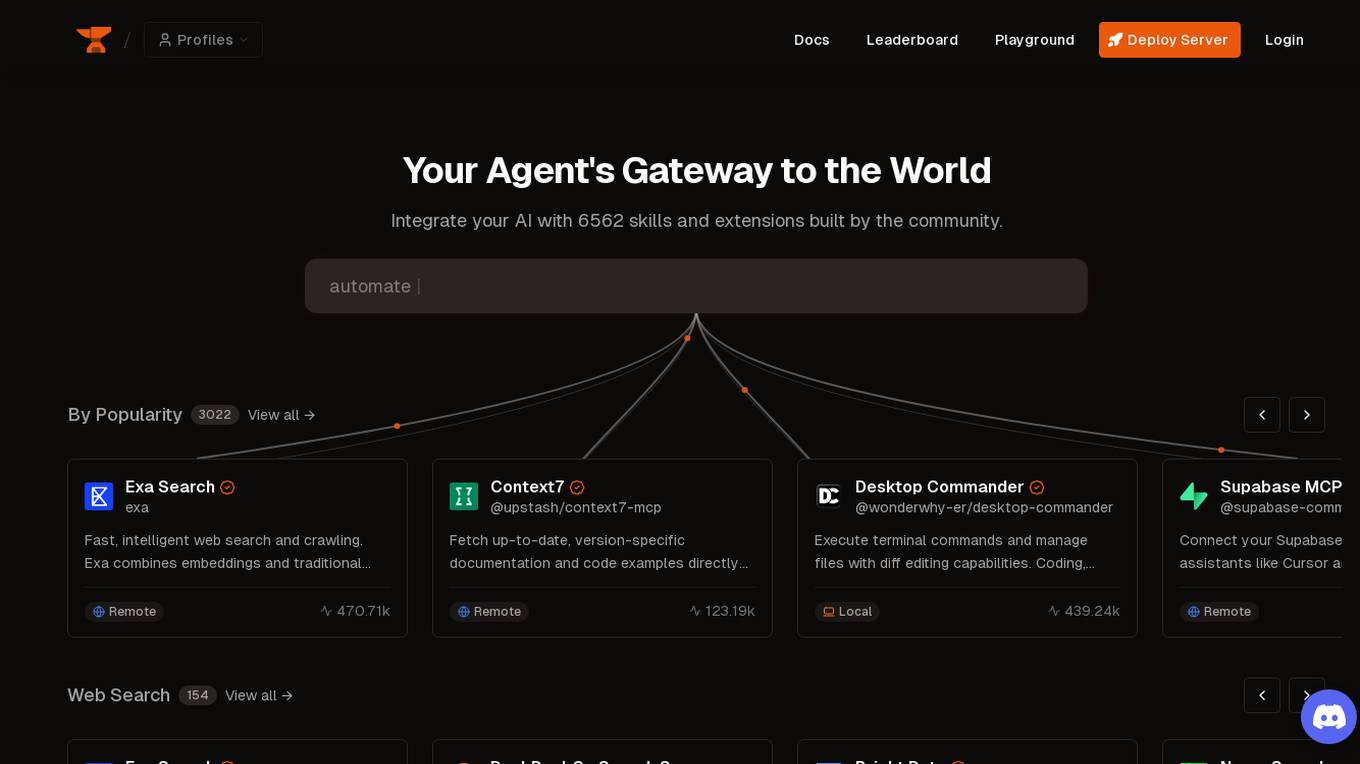
Smithery
Smithery is an AI tool that serves as an agent's gateway to the world, allowing users to extend their agent's capabilities by integrating with a wide range of skills and extensions developed by the community. With a focus on accelerating the agent economy, Smithery provides resources, documentation, and system status updates to support users in leveraging AI technology effectively. The platform offers various functionalities such as web search, browser automation, memory management, weather data & forecasts, AI image generation, web data extraction, and development boilerplates.
4 - Open Source AI Tools
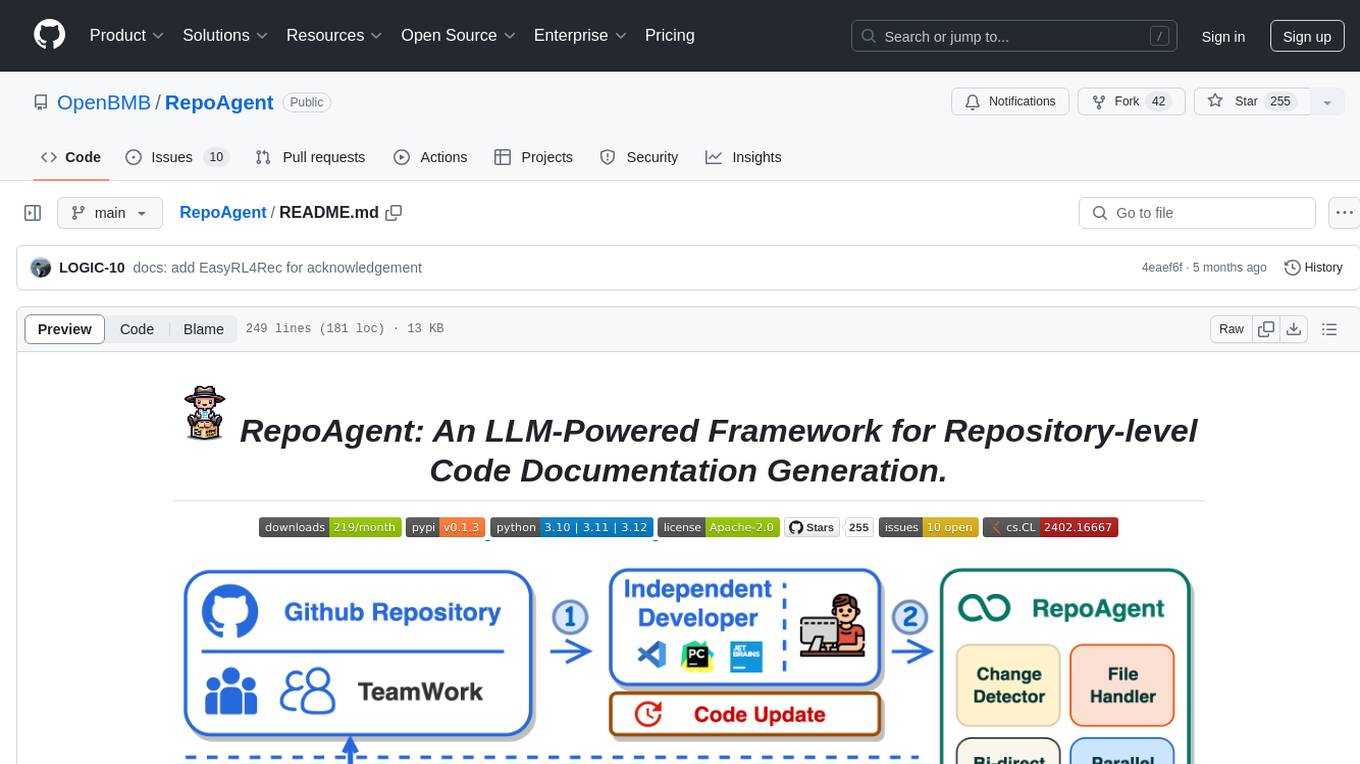
RepoAgent
RepoAgent is an LLM-powered framework designed for repository-level code documentation generation. It automates the process of detecting changes in Git repositories, analyzing code structure through AST, identifying inter-object relationships, replacing Markdown content, and executing multi-threaded operations. The tool aims to assist developers in understanding and maintaining codebases by providing comprehensive documentation, ultimately improving efficiency and saving time.
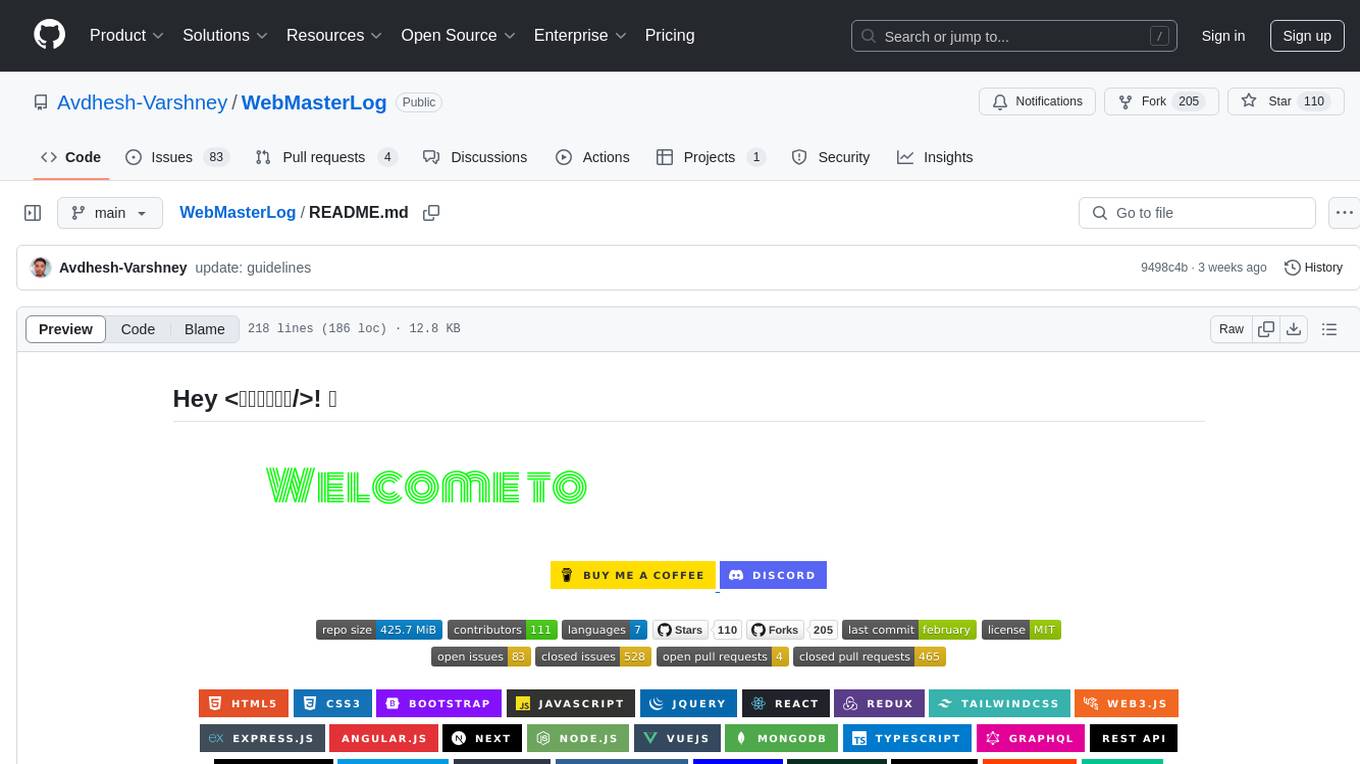
WebMasterLog
WebMasterLog is a comprehensive repository showcasing various web development projects built with front-end and back-end technologies. It highlights interactive user interfaces, dynamic web applications, and a spectrum of web development solutions. The repository encourages contributions in areas such as adding new projects, improving existing projects, updating documentation, fixing bugs, implementing responsive design, enhancing code readability, and optimizing project functionalities. Contributors are guided to follow specific guidelines for project submissions, including directory naming conventions, README file inclusion, project screenshots, and commit practices. Pull requests are reviewed based on criteria such as proper PR template completion, originality of work, code comments for clarity, and sharing screenshots for frontend updates. The repository also participates in various open-source programs like JWOC, GSSoC, Hacktoberfest, KWOC, 24 Pull Requests, IWOC, SWOC, and DWOC, welcoming valuable contributors.
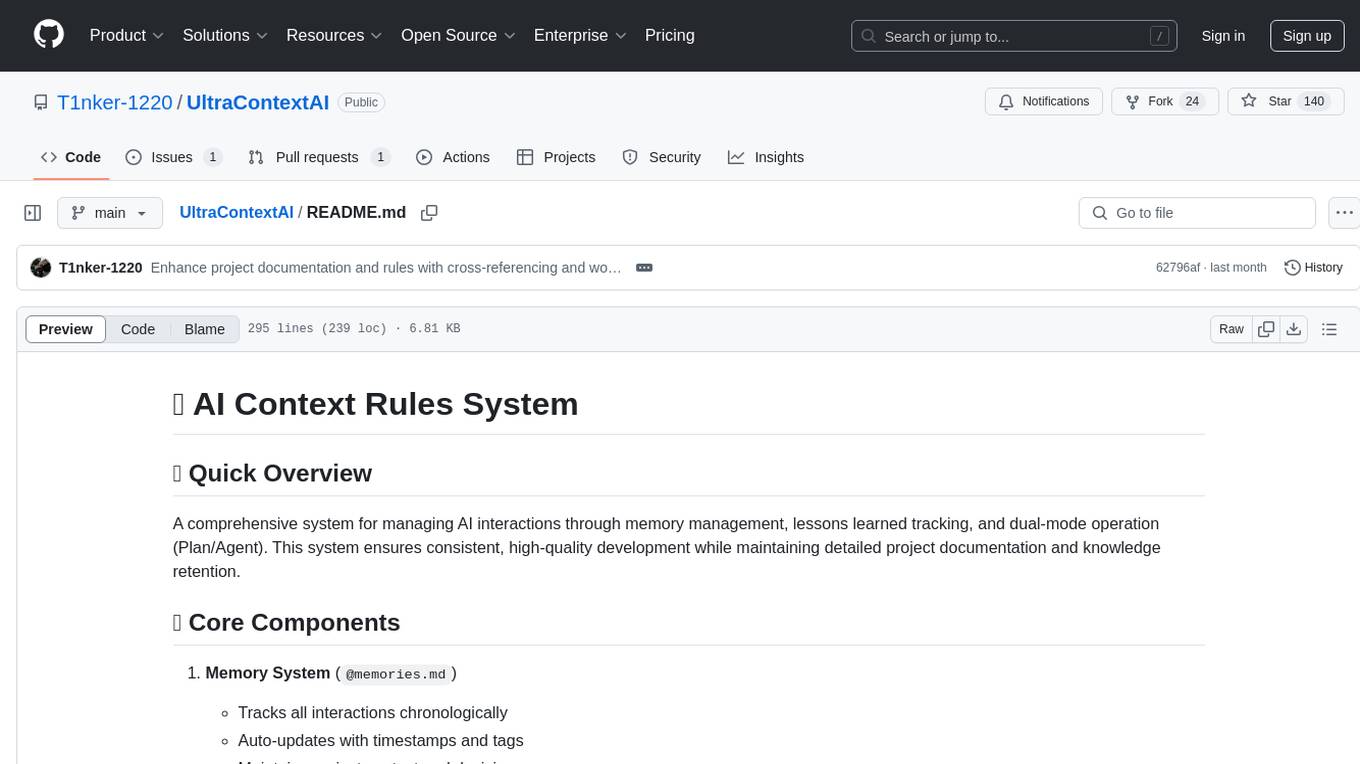
UltraContextAI
UltraContextAI is a comprehensive system for managing AI interactions through memory management, lessons learned tracking, and dual-mode operation (Plan/Agent). It ensures consistent, high-quality development while maintaining detailed project documentation and knowledge retention. The system includes core components like Memory System, Lessons Learned, and Scratchpad. It operates in Plan Mode for information gathering and planning, and Agent Mode for execution. Users can create new features, fix bugs, set up projects, and update documentation using the system. Real-time updates, version control, and cross-referencing are key aspects of the system. Best practices include memory management, task tracking, and documentation standards. Tips and tricks are provided for handling AI and Cursor issues. Contributions to the system are welcome, and it is licensed under MIT License.
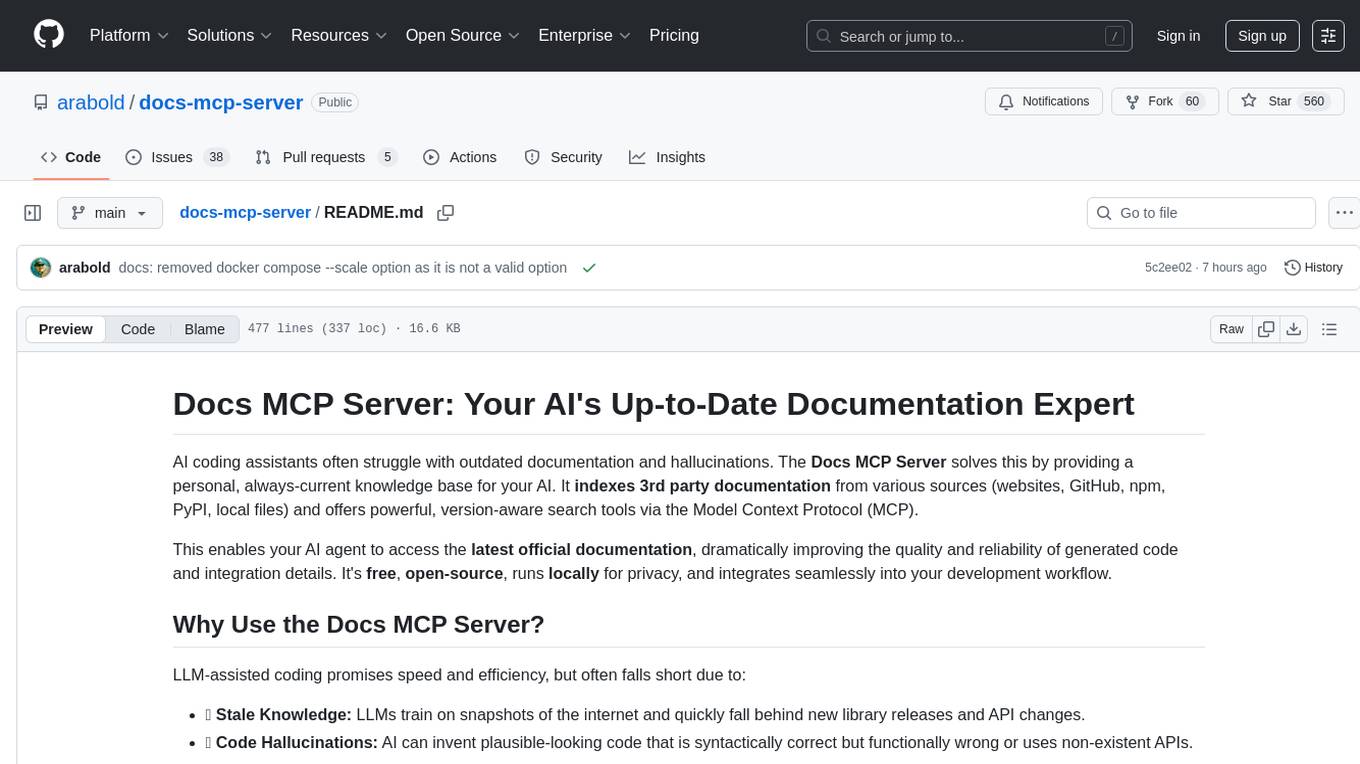
docs-mcp-server
The docs-mcp-server repository contains the server-side code for the documentation management system. It provides functionalities for managing, storing, and retrieving documentation files. Users can upload, update, and delete documents through the server. The server also supports user authentication and authorization to ensure secure access to the documentation system. Additionally, the server includes APIs for integrating with other systems and tools, making it a versatile solution for managing documentation in various projects and organizations.
20 - OpenAI Gpts
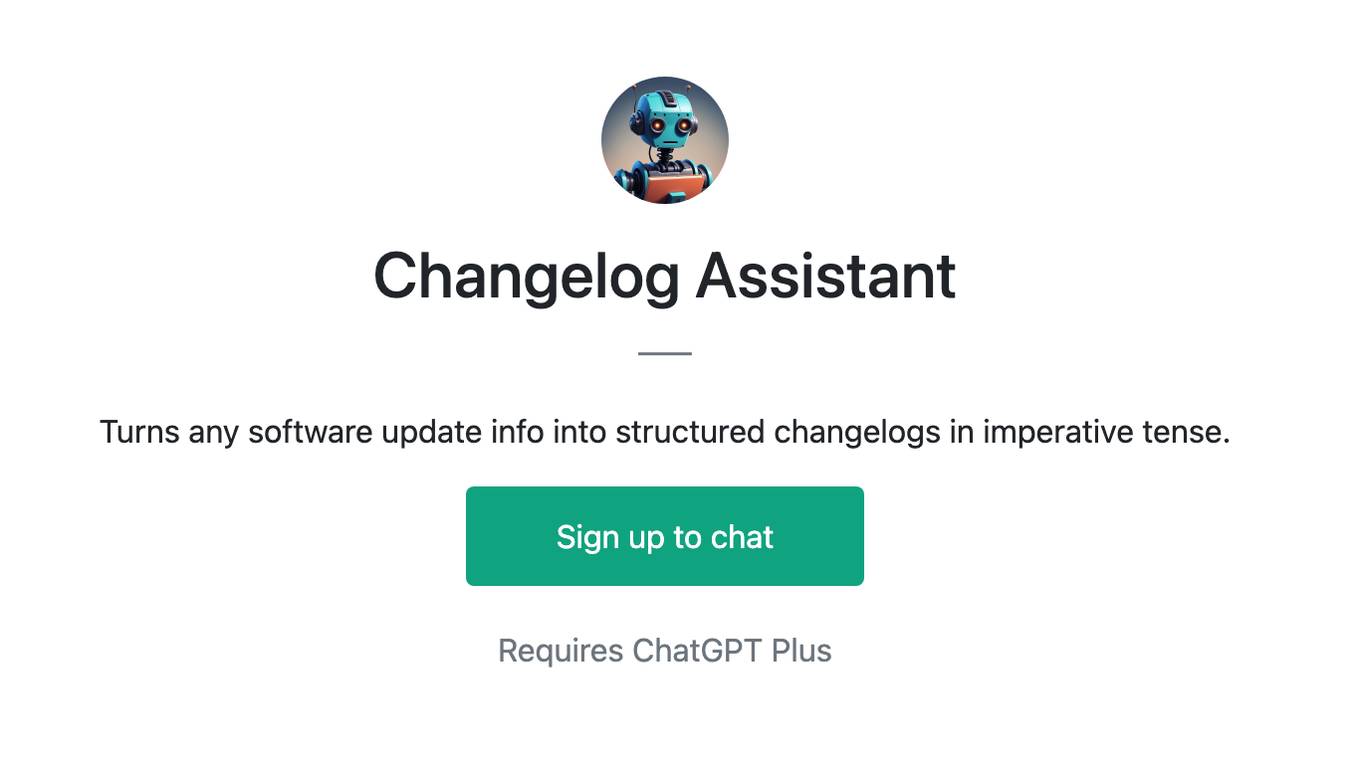
Changelog Assistant
Turns any software update info into structured changelogs in imperative tense.
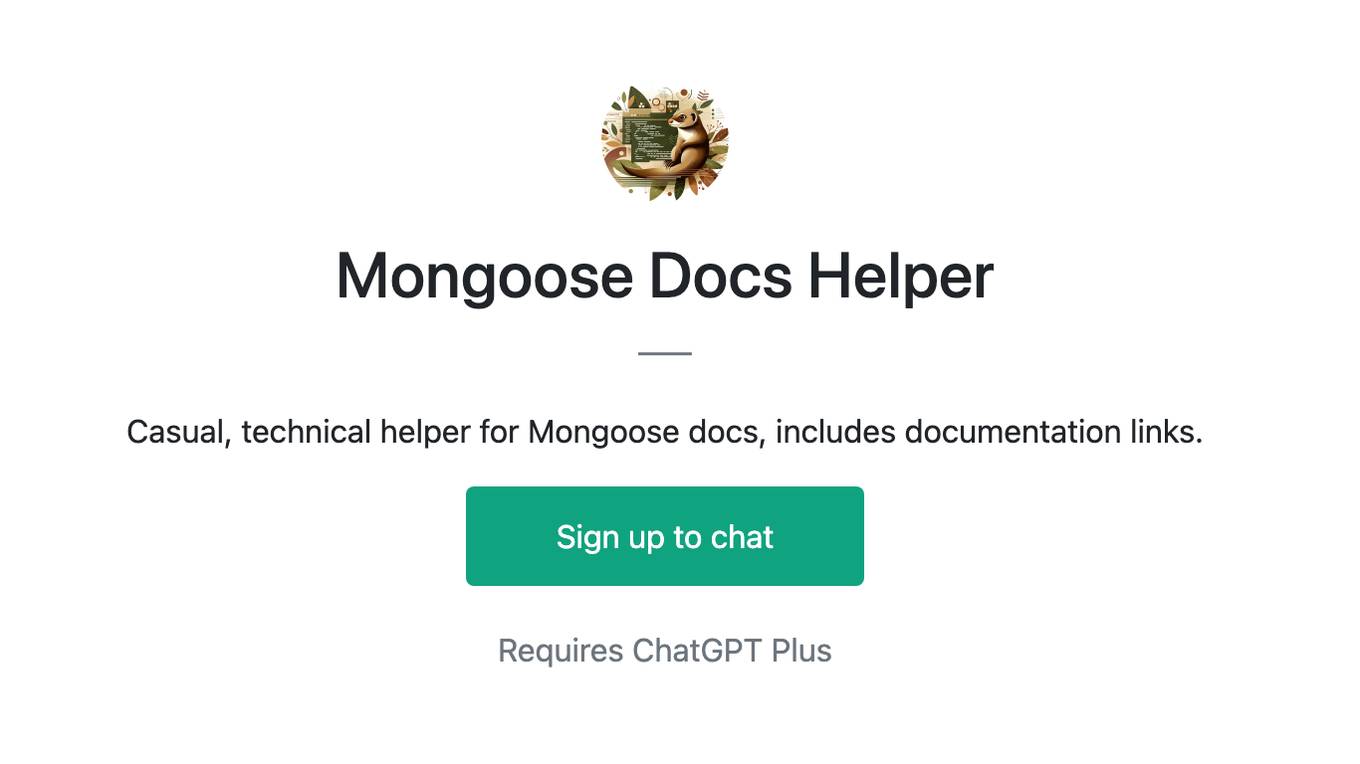
Mongoose Docs Helper
Casual, technical helper for Mongoose docs, includes documentation links.
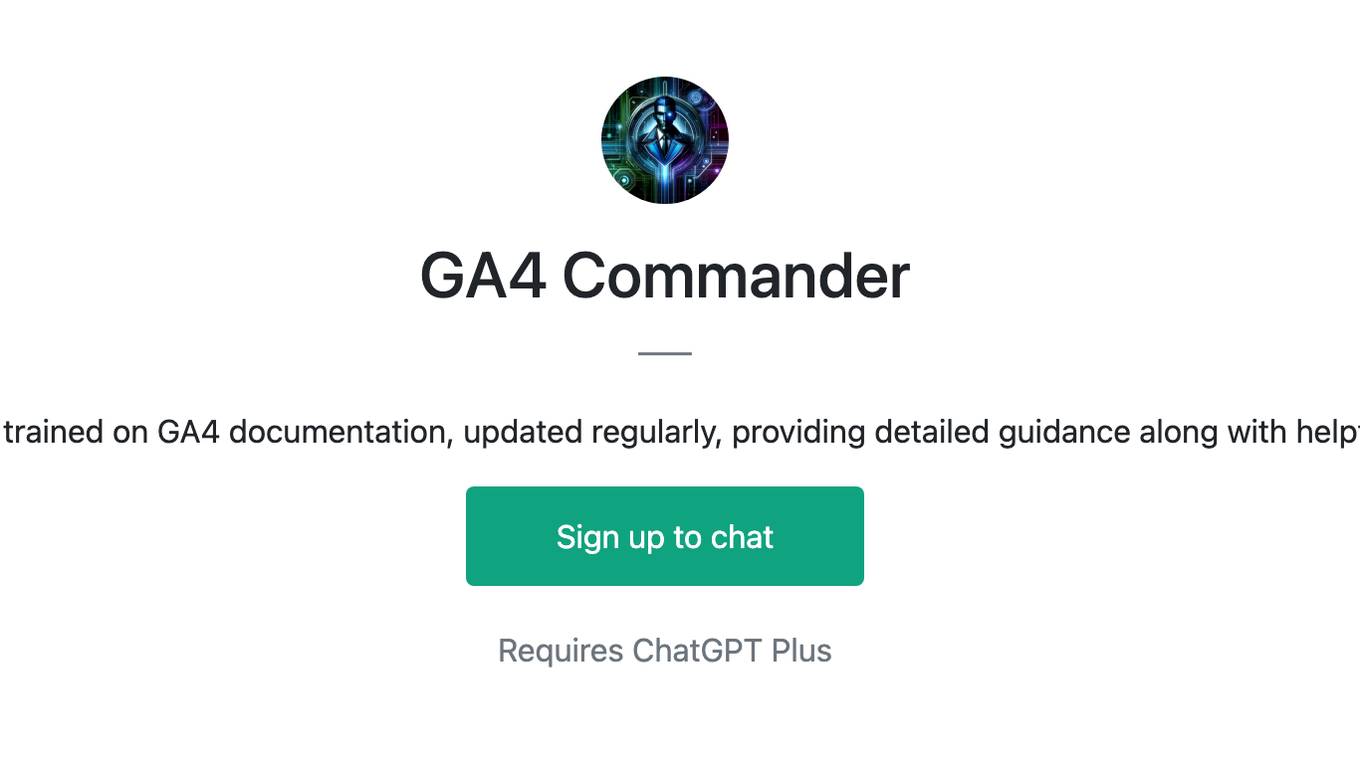
GA4 Commander
A chatbot trained on GA4 documentation, updated regularly, providing detailed guidance along with helpful links.
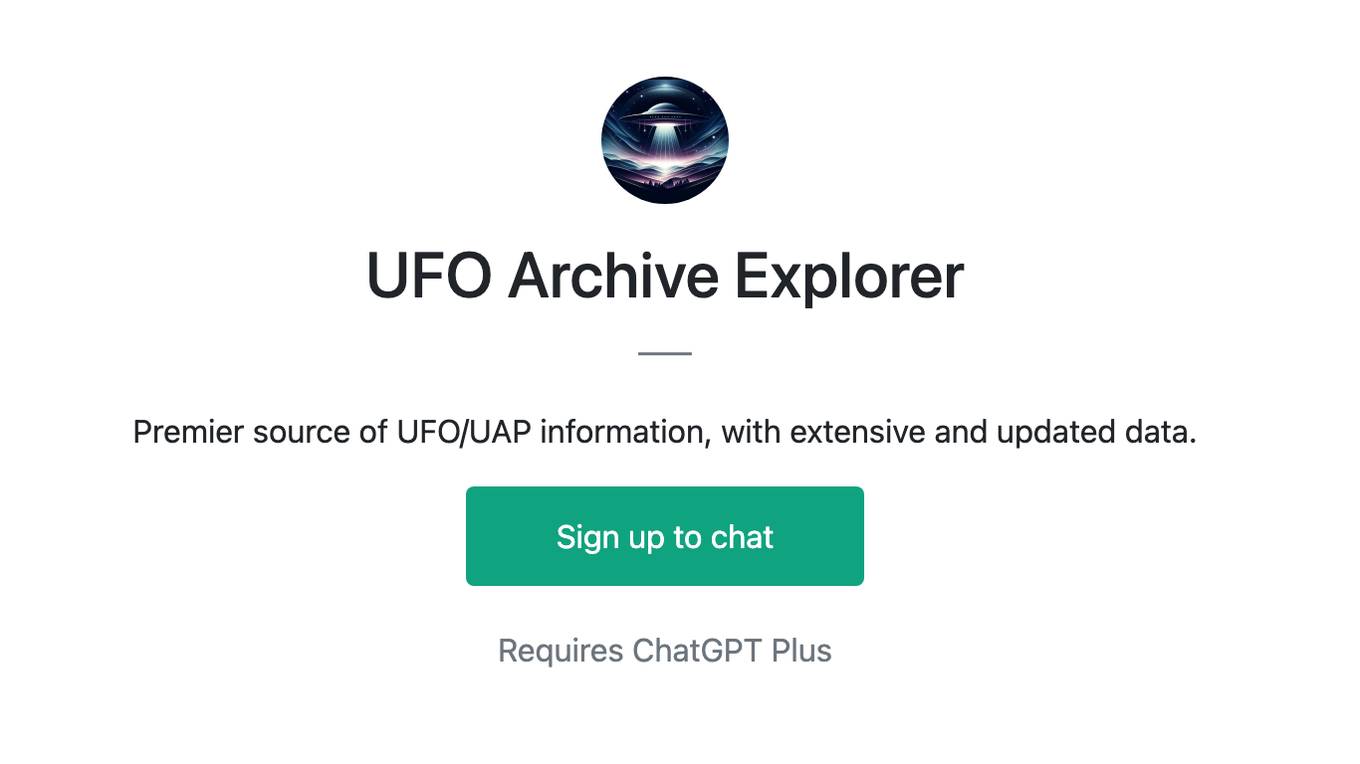
UFO Archive Explorer
Premier source of UFO/UAP information, with extensive and updated data.

Animated Realism: From Drawing to Reality *Update*
Turn animated characters into real people with this prompt. It is an original and entertaining way to enjoy art and animation.
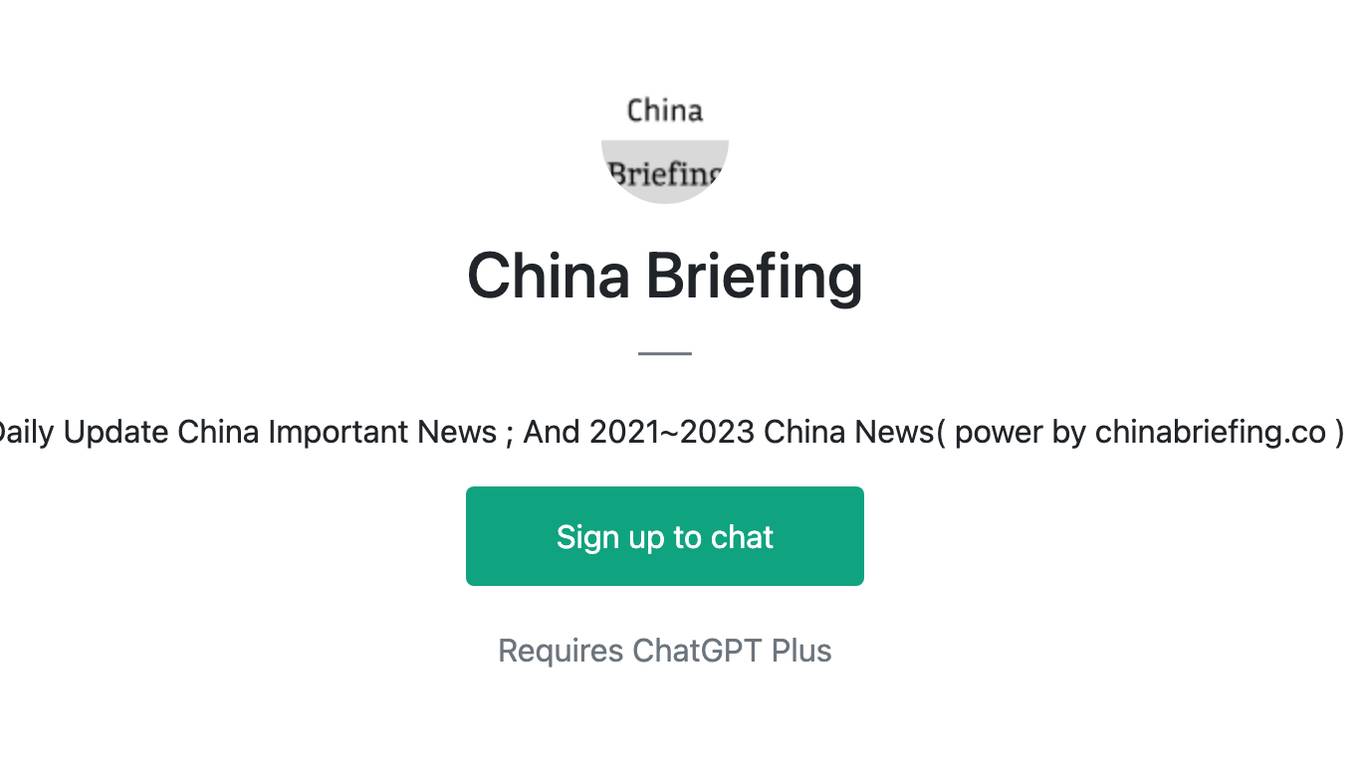
China Briefing
Daily Update China Important News ; And 2021~2023 China News( power by chinabriefing.co )
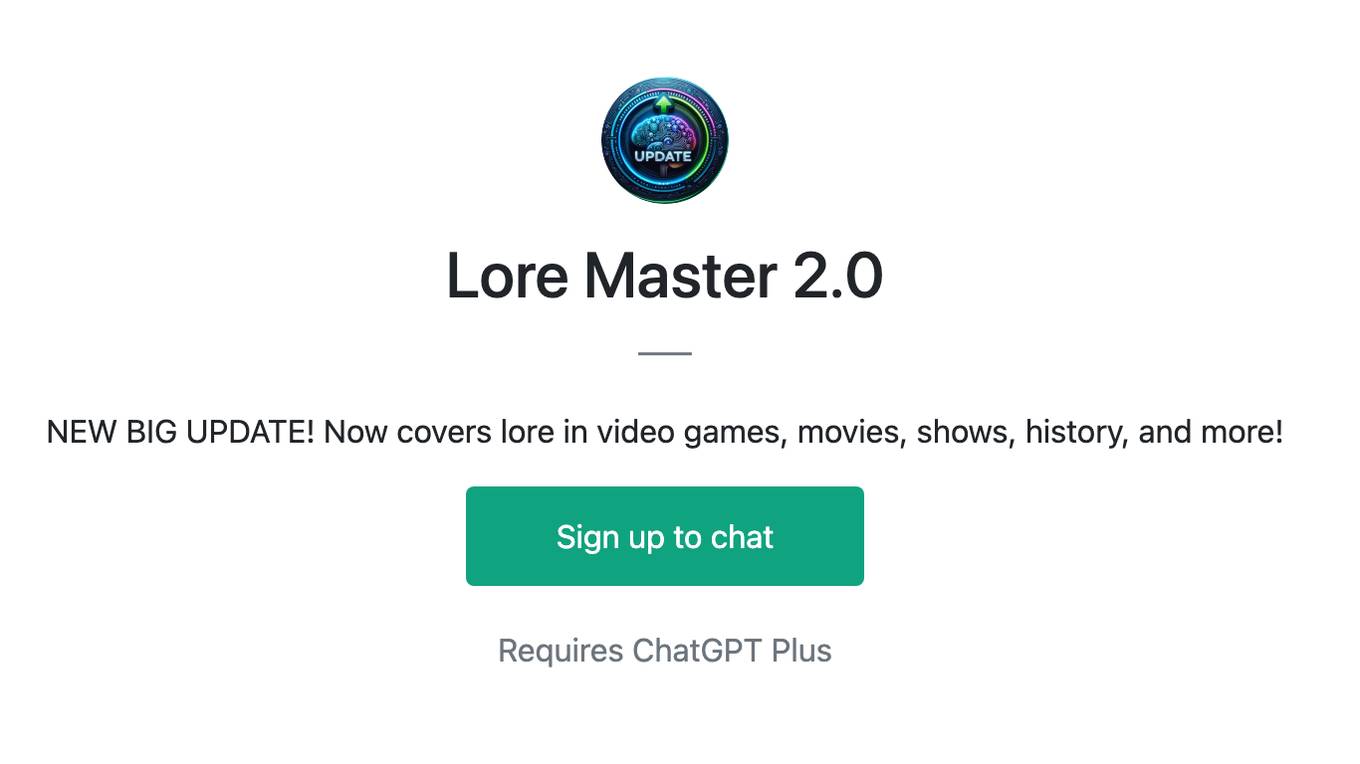
Lore Master 2.0
NEW BIG UPDATE! Now covers lore in video games, movies, shows, history, and more!
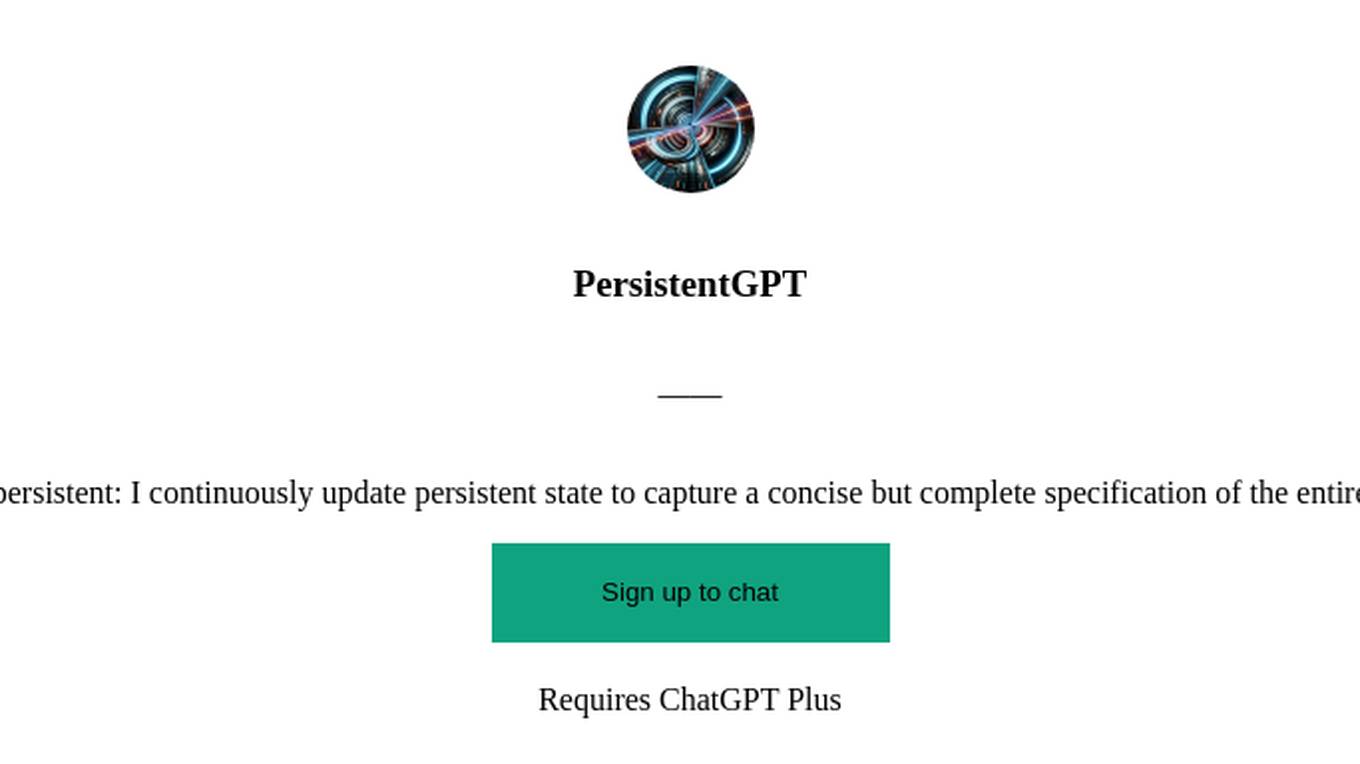
PersistentGPT
Helpful and persistent: I continuously update persistent state to capture a concise but complete specification of the entire conversation.
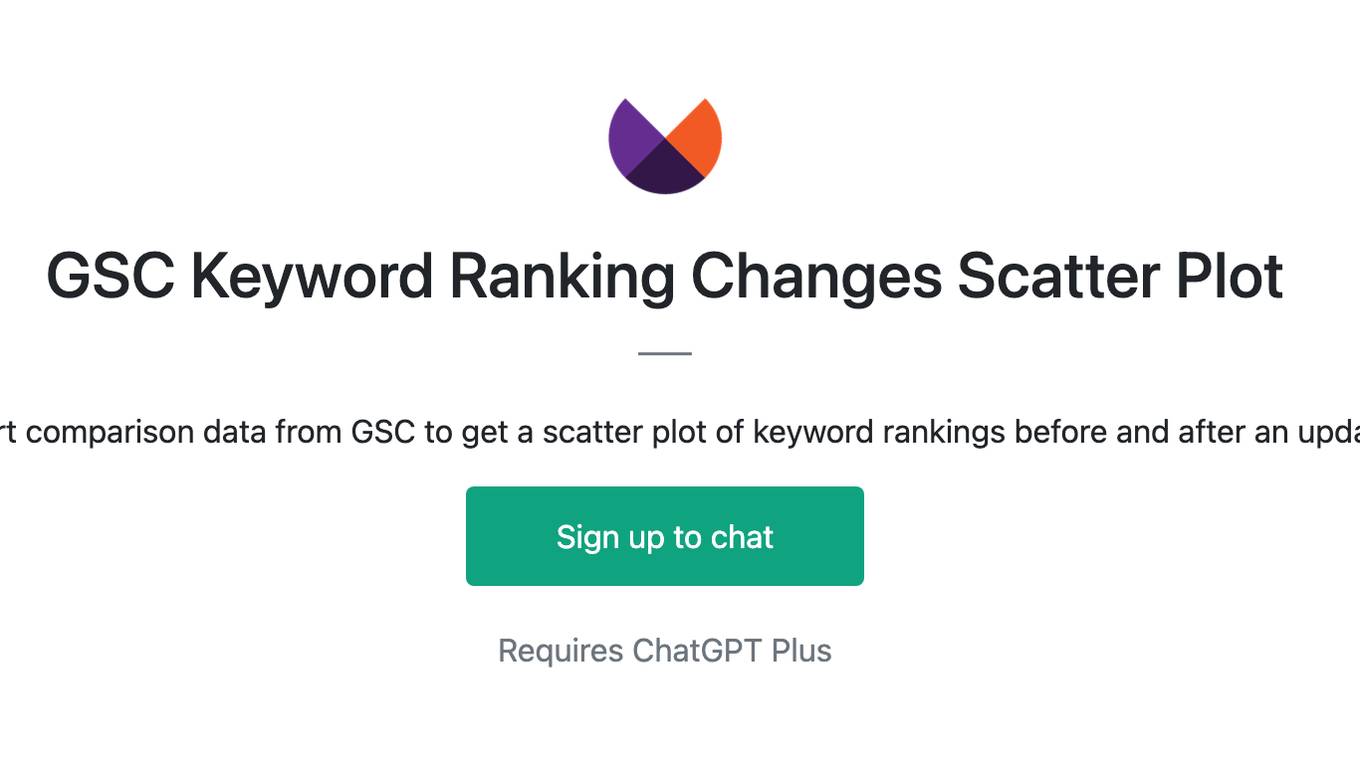
GSC Keyword Ranking Changes Scatter Plot
Export comparison data from GSC to get a scatter plot of keyword rankings before and after an update.
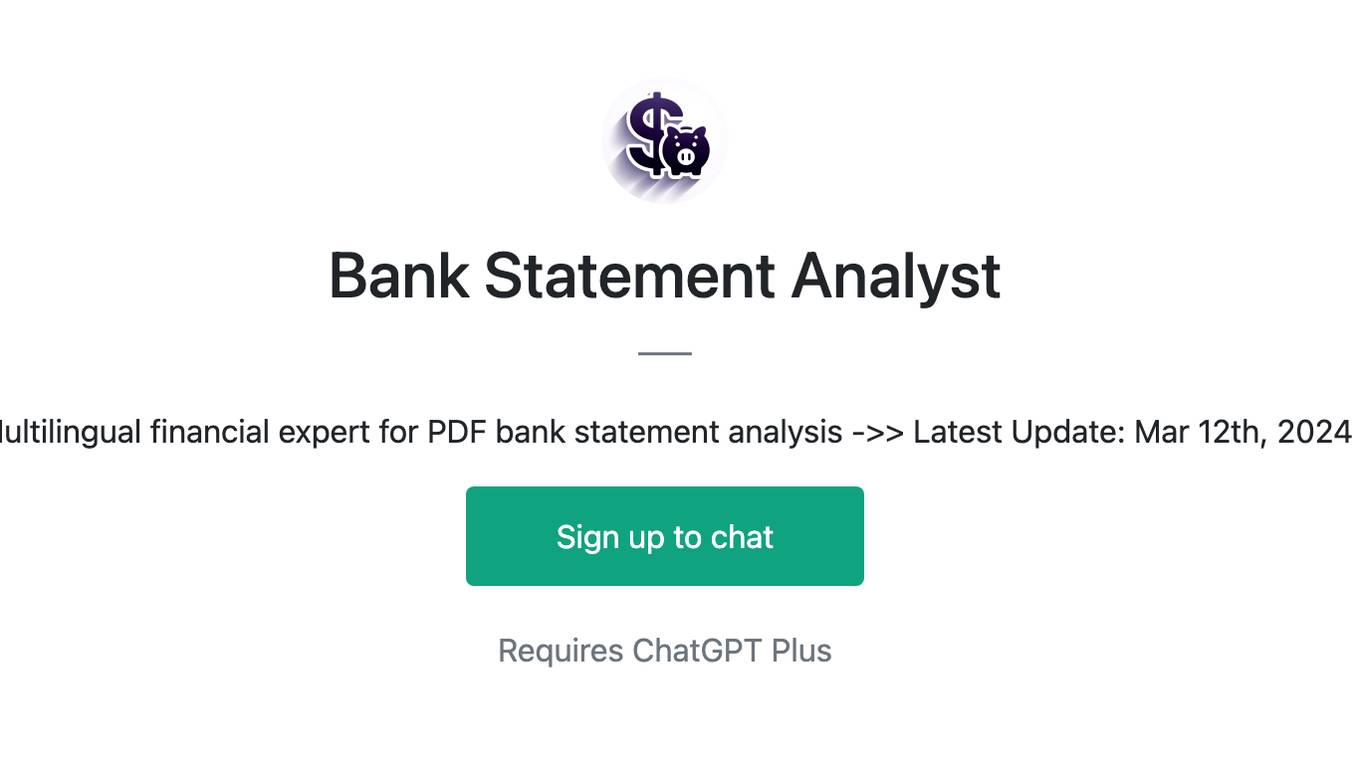
Bank Statement Analyst
Multilingual financial expert for PDF bank statement analysis ->> Latest Update: Mar 12th, 2024
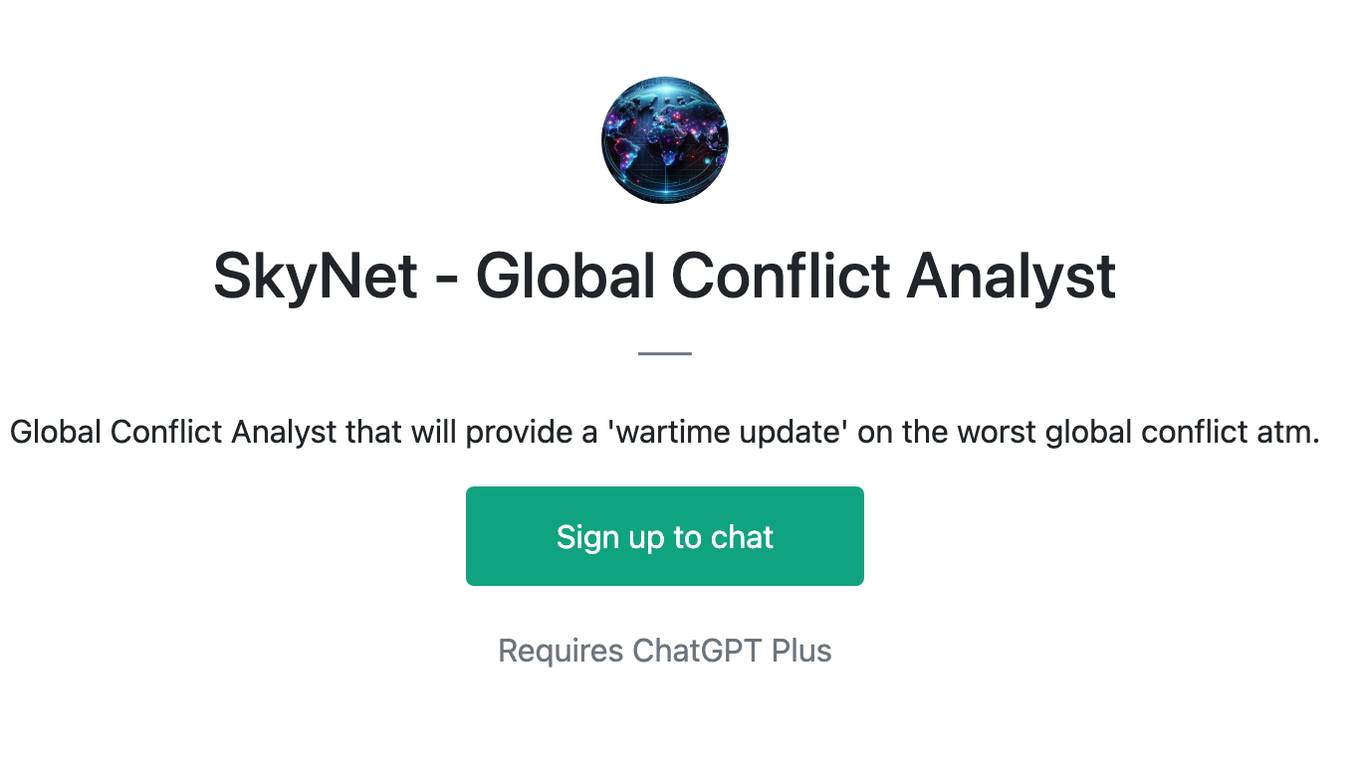
SkyNet - Global Conflict Analyst
Global Conflict Analyst that will provide a 'wartime update' on the worst global conflict atm.

Impôt Expert Québec
Expert in Quebec income tax returns, providing precise, professional advice. (2022 documents will update when 2023 documents are available)
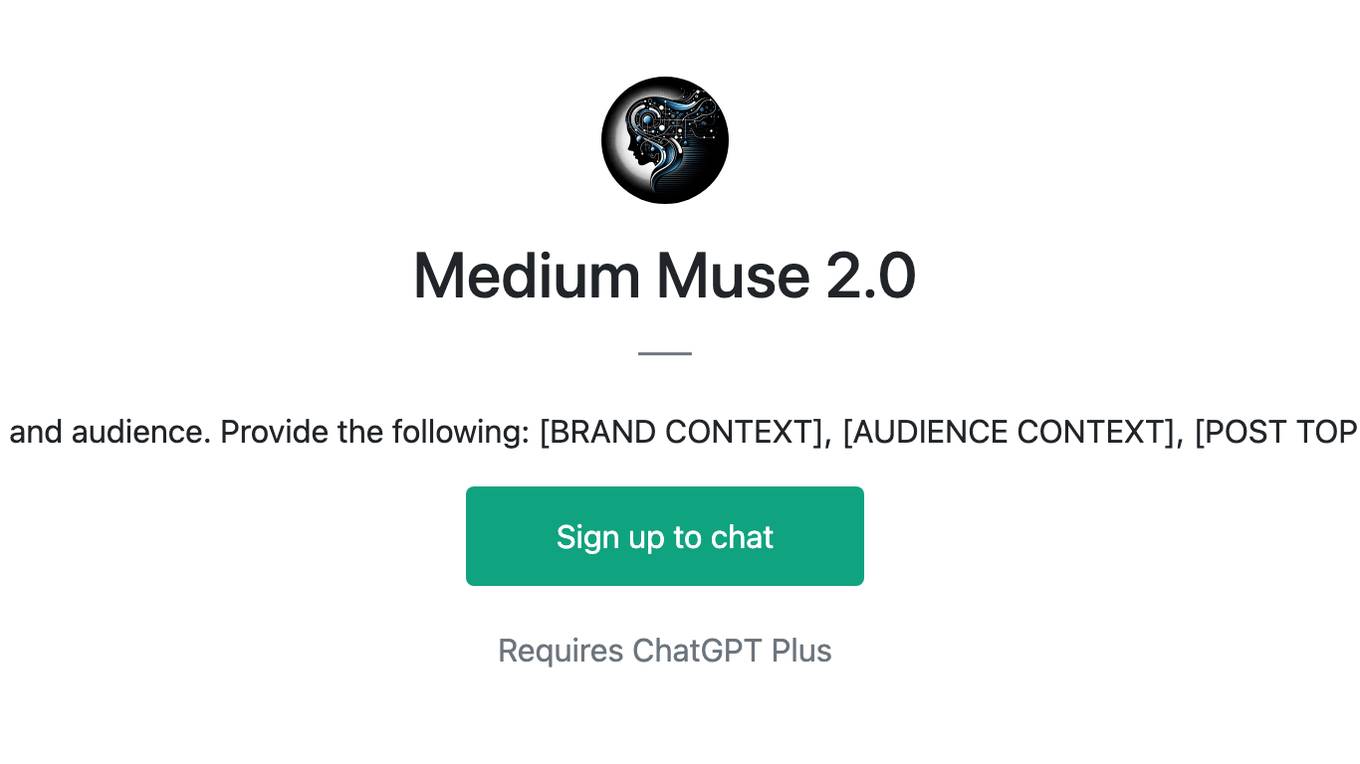
Medium Muse 2.0
I create Medium posts tailored to your brand and audience. Provide the following: [BRAND CONTEXT], [AUDIENCE CONTEXT], [POST TOPIC] | UPDATE #1 - Added SEO optimization
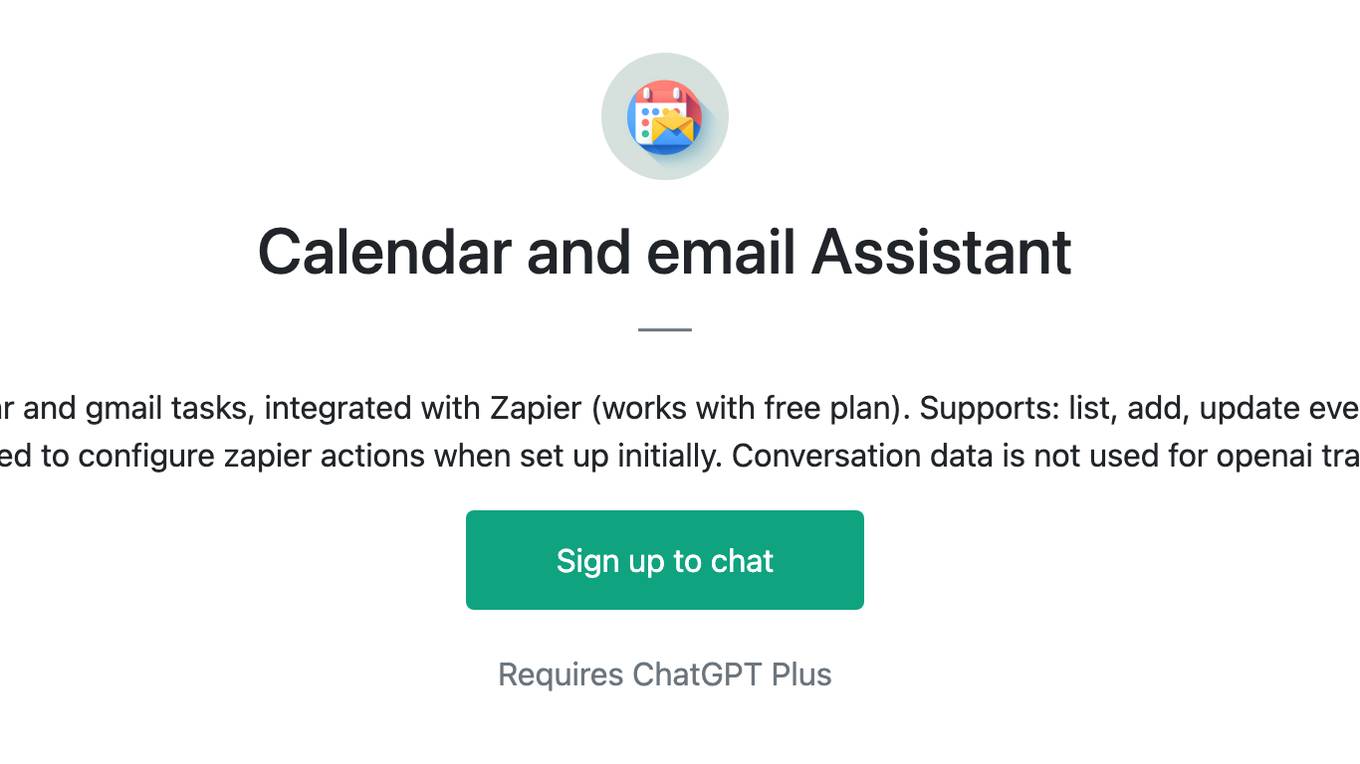
Calendar and email Assistant
Your expert assistant for Google Calendar and gmail tasks, integrated with Zapier (works with free plan). Supports: list, add, update events to calendar, send gmail. You will be prompted to configure zapier actions when set up initially. Conversation data is not used for openai training.
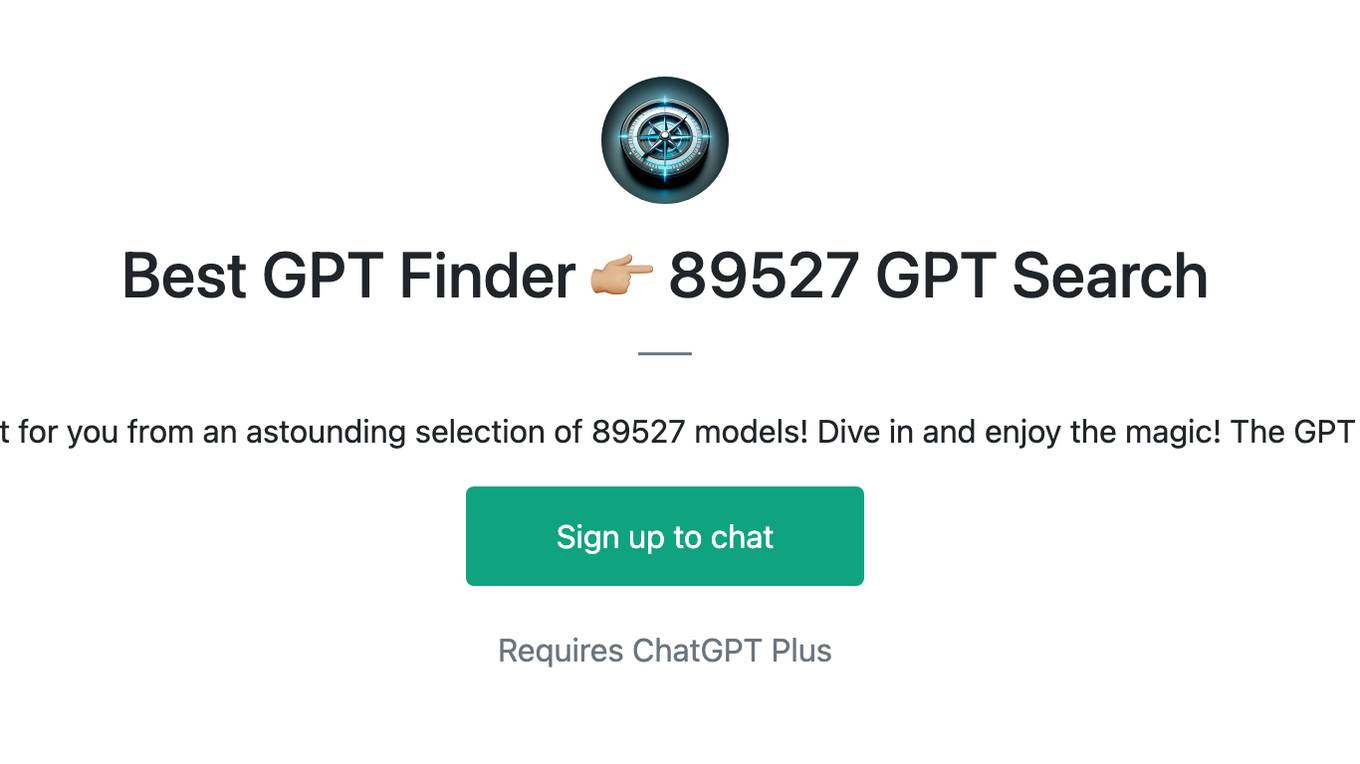
Best GPT Finder 👉🏼 89527 GPT Search
Discover the perfect GPTs tailored just for you from an astounding selection of 89527 models! Dive in and enjoy the magic! The GPT repository will update continuously!
